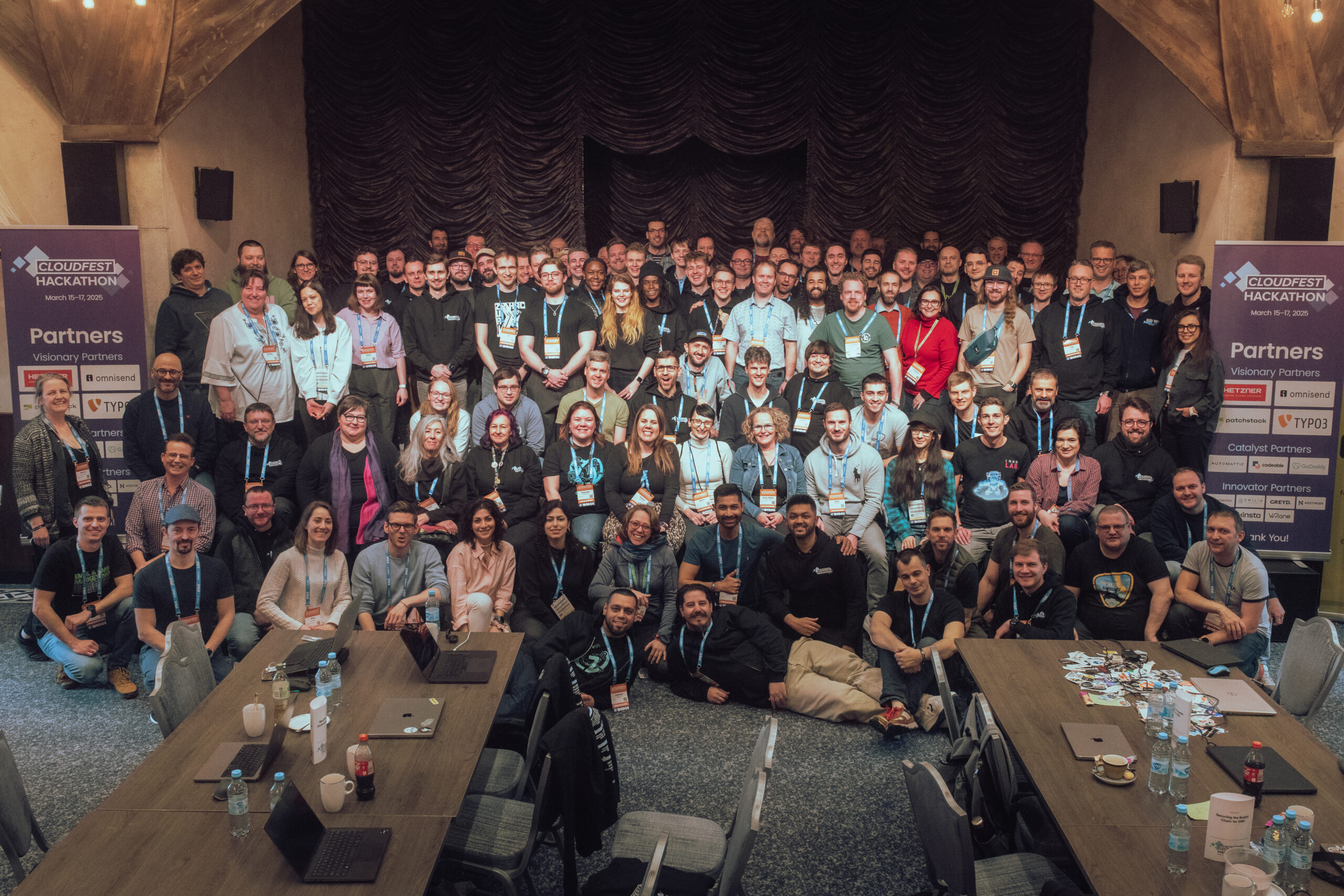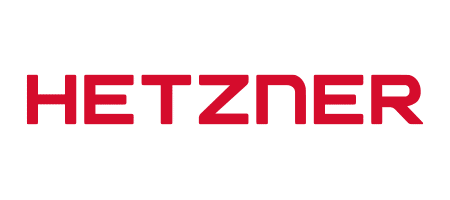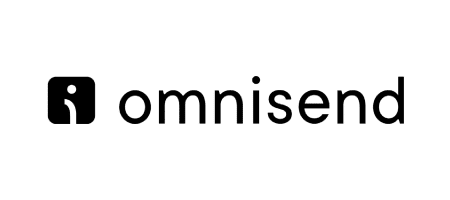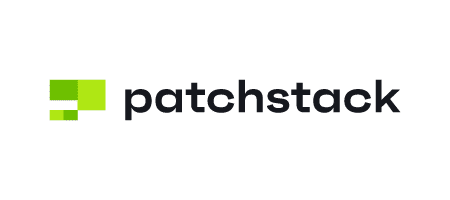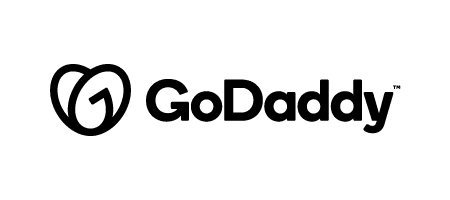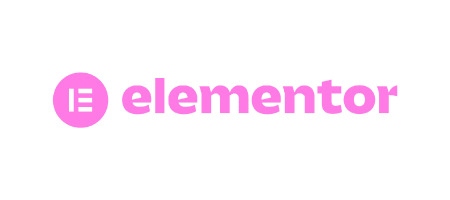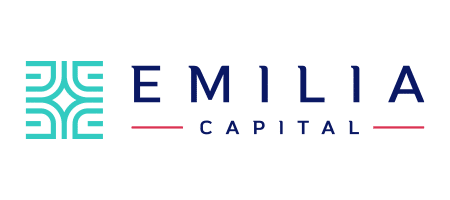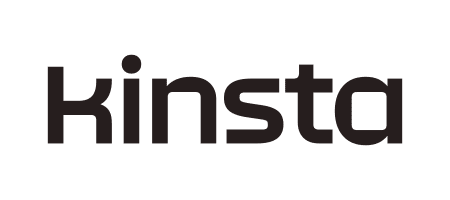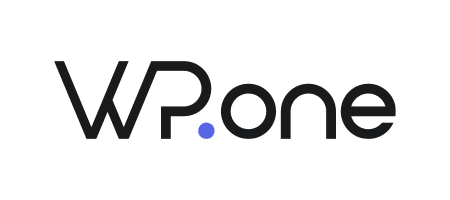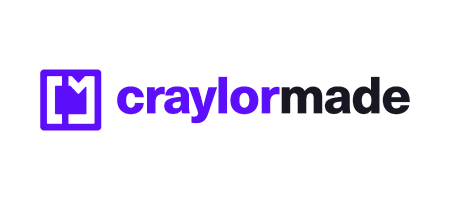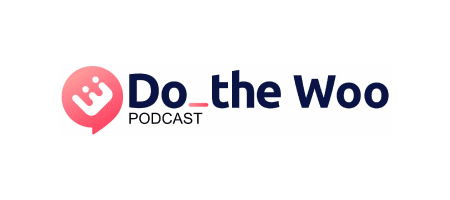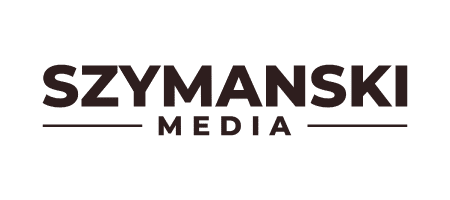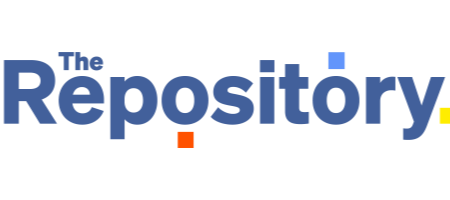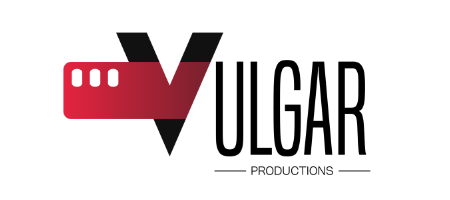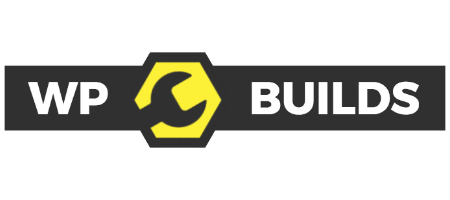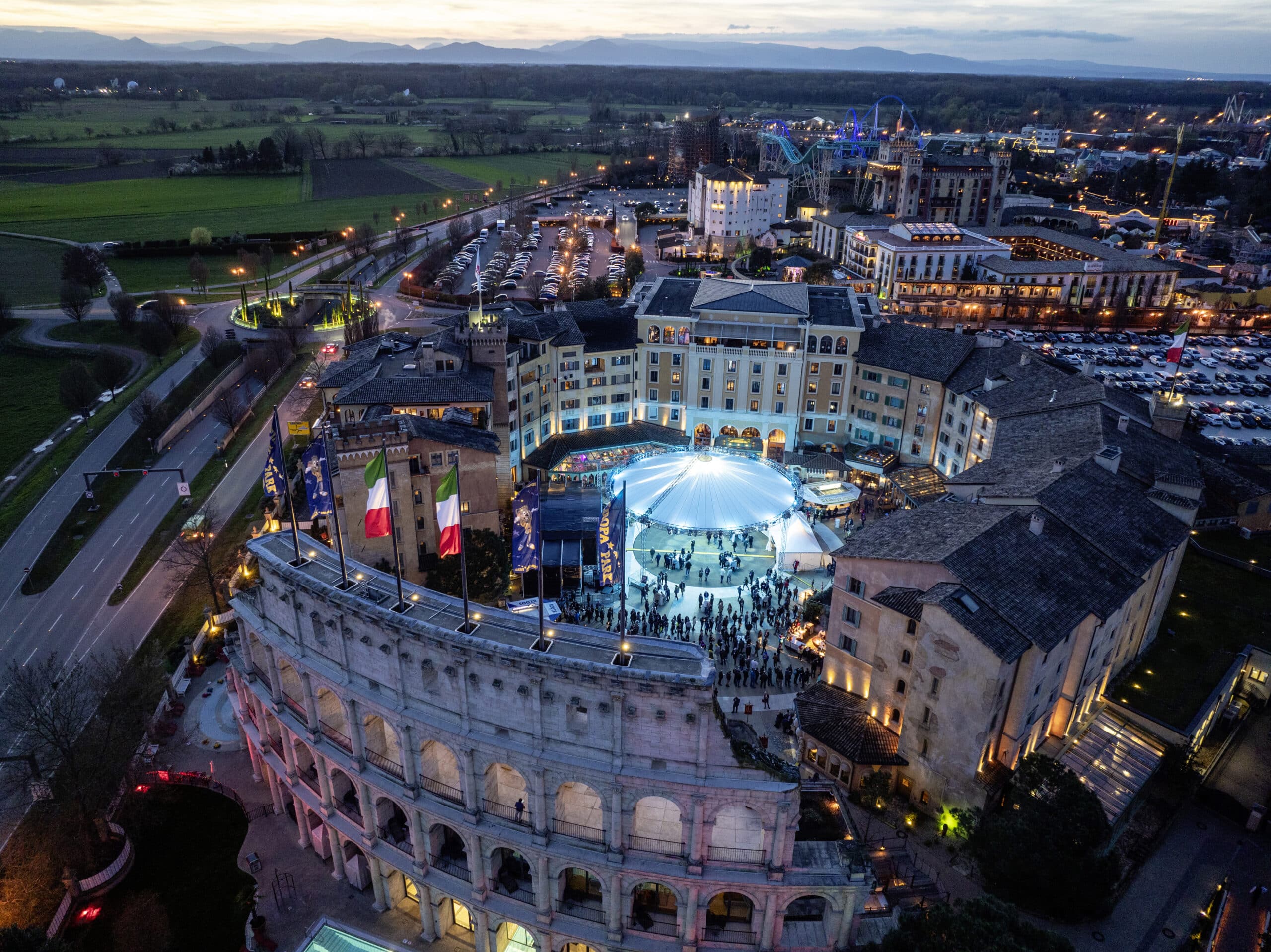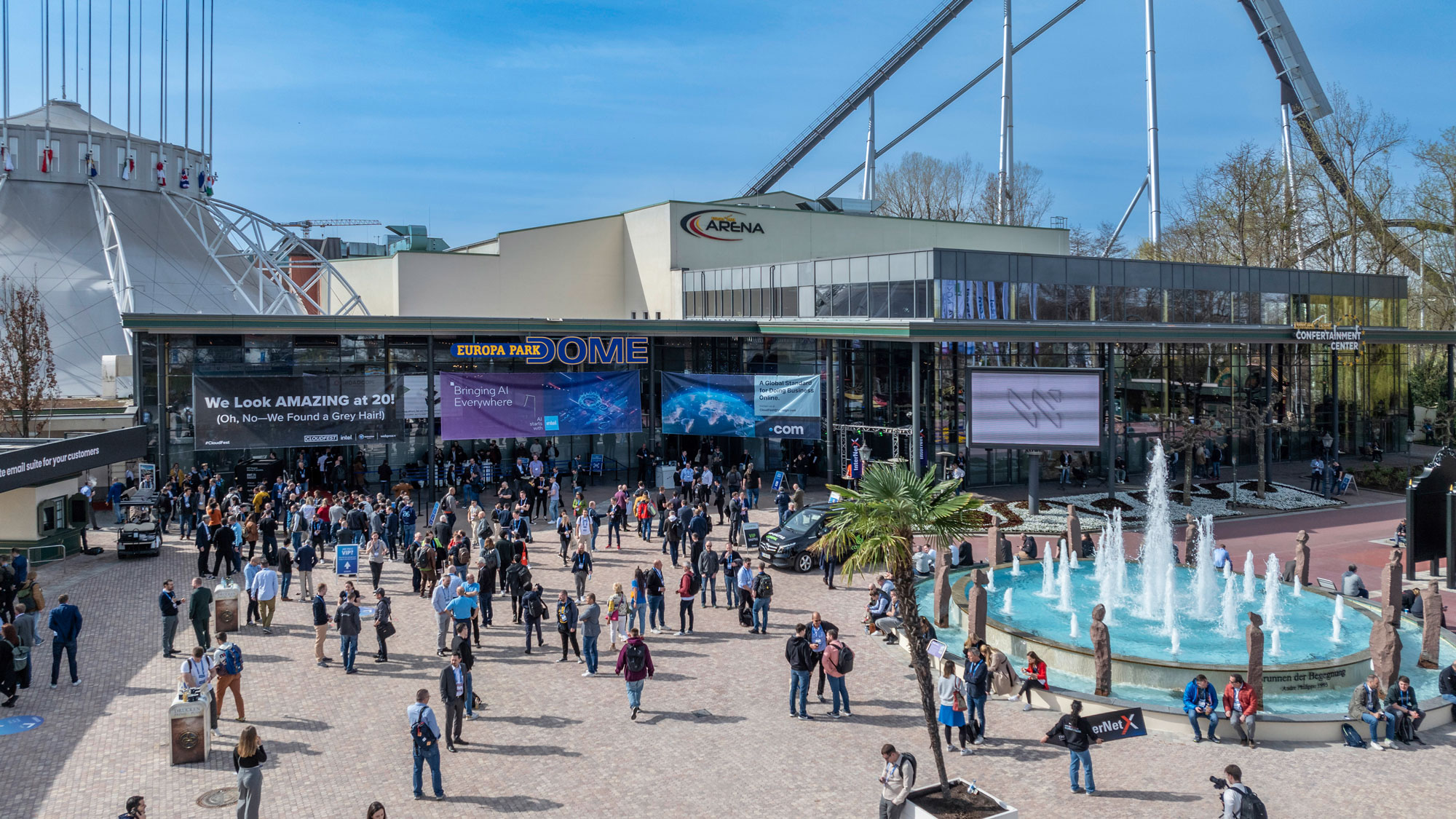From Vision to Reality: 2025 CloudFest Hackathon Sets New Standards
A new chapter in open-source innovation has just concluded at the magical Europa-Park in Rust, Germany, where the CloudFest Hackathon 2025 brought together bright minds from across the globe. As the dust settles on three days of intense collaboration preceding our flagship CloudFest event, we celebrate an extraordinary convergence of talent, technology, and purpose. This year’s gathering wove diverse perspectives into a brilliant tapestry of creativity in service of a single mission: moving towards a more accessible, secure, and inclusive open web. Our commitment to fostering a diverse and welcoming environment was evident in every aspect of the experience, from project selection to team formation.
Let’s dive into the event’s highlights, achievements, and invaluable contributions from our community.
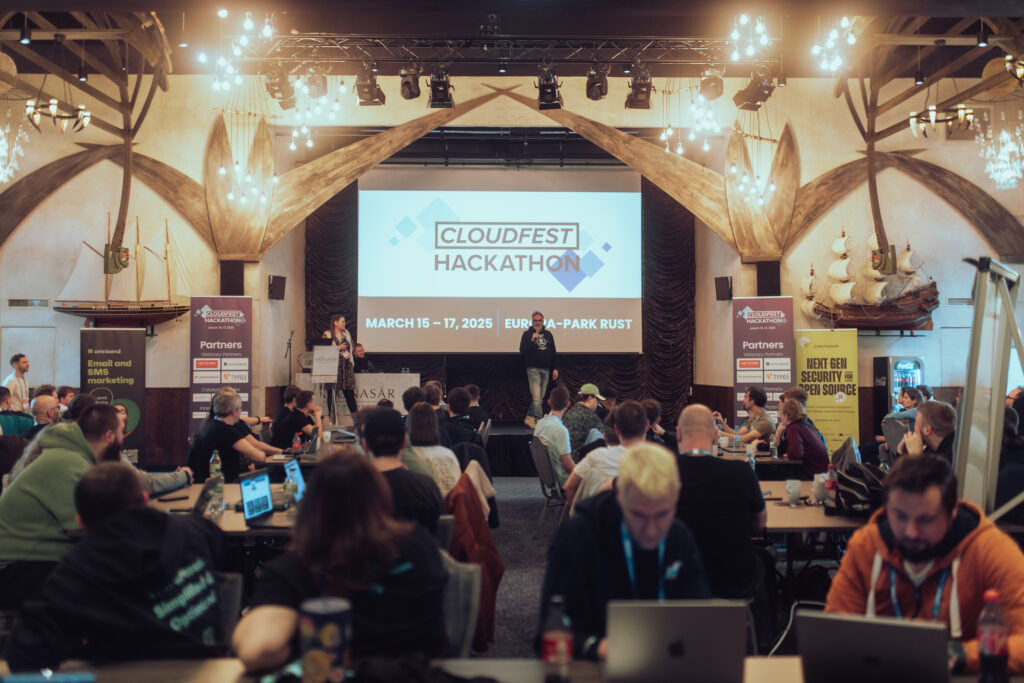
CloudFest Hackathon 2025 in Numbers
13 Partners and 8 Media Partners
Their unwavering support was instrumental in bringing our vision to life and amplifying our message.
10 Projects
Showcasing the diversity and creativity of our participants across a wide array of technologies and challenges.
110 Attendees from 24 Countries
Bringing a rich mosaic of cultures, ideas, skillsets, and perspectives
0 No-Shows
A perfect attendance record, a testament to our refined selection process, and the deep commitment of our community.
2600+ Human-Hours of Hacking
Demonstrating the dedication and hard work poured into developing open-source solutions across three intensive days
87 Coffee Cans Emptied
Fueling our coding heroes through the event and late-night breakthroughs (that’s roughly 1,740 cups of liquid inspiration!)
€5,250 Raised for Groundbreaker Talents
Our collective contribution to the future of tech through education.
100+ Bugs Squashed
Together, we are striving for greater diversity in our industry.
70 individual VR Adventures
YULLBE GO virtual reality breaks in groups of five, experiencing an exciting digital escape from coding challenges
The Pulse of Innovation
Just as I anticipated in the interview announcing the 2025 CloudFest Hackathon, this year’s event wasn’t just an event—it was a community of creativity, talent, and purpose. Walking through the venue just 10 minutes after teams were formed, visitors could already feel the energy in the air as keyboards clicked and minds connected, all united by a shared mission to strengthen the open web.
What truly distinguished this year’s gathering was our intentional cultivation of a diverse and welcoming community. We didn’t leave inclusion to chance—we deliberately created an environment where every voice, regardless of background, experience level, or geographic origin, could not only be heard but could genuinely influence project outcomes. The result: a symphony of perspectives from 110 individuals representing 24 nations, each contributing unique insights that transformed our challenges into opportunities for innovation.
This richness of viewpoints became our secret weapon in confronting complex problems. We devised solutions that were inherently more robust, accessible, and universally applicable—precisely because they emerged from such diverse thinking. Teams naturally gravitated toward approaches that addressed highly specific user needs while considering varied technical environments and cultural contexts, resulting in innovations with truly global relevance and immediate practical application.
The spirit of camaraderie that blossomed throughout the event was perhaps even more remarkable than the technical achievements. Traditional competitive boundaries dissolved as participants freely shared knowledge, offered support across project lines, and genuinely celebrated each other’s breakthroughs. Seasoned veterans took newcomers under their wings, specialists cross-pollinated ideas between disciplines, and lasting professional relationships took root during problem-solving sessions that often extended into the early hours.
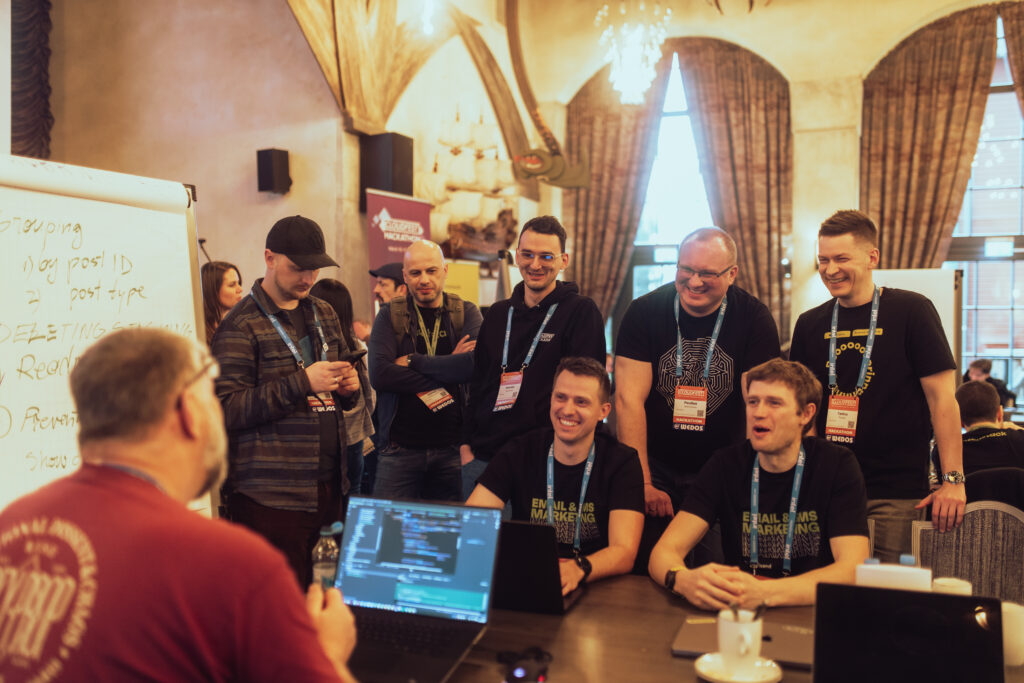
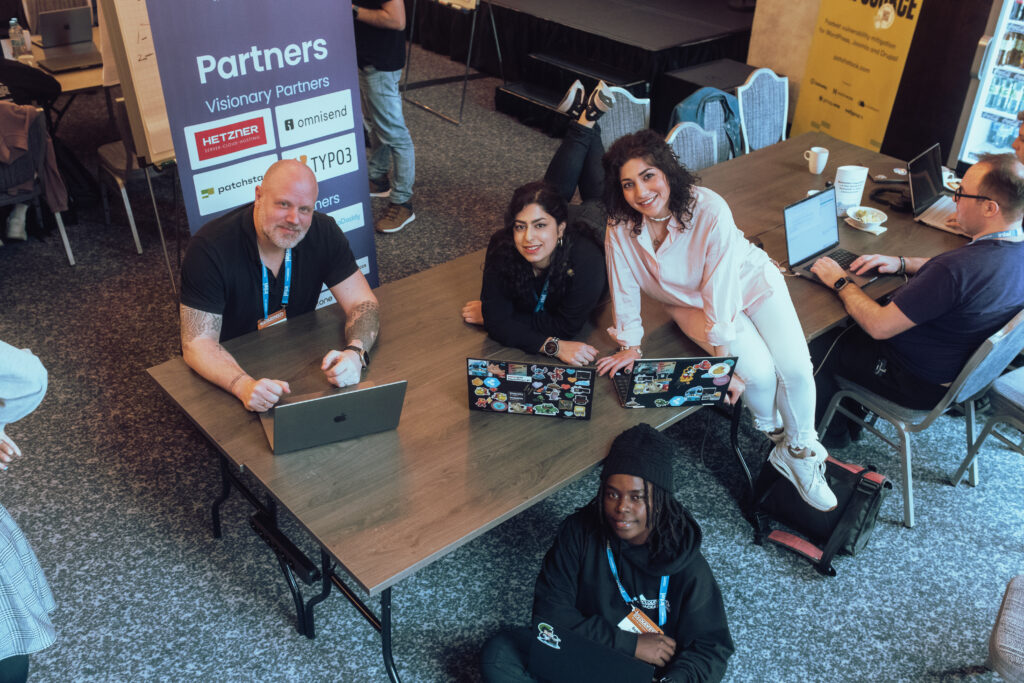
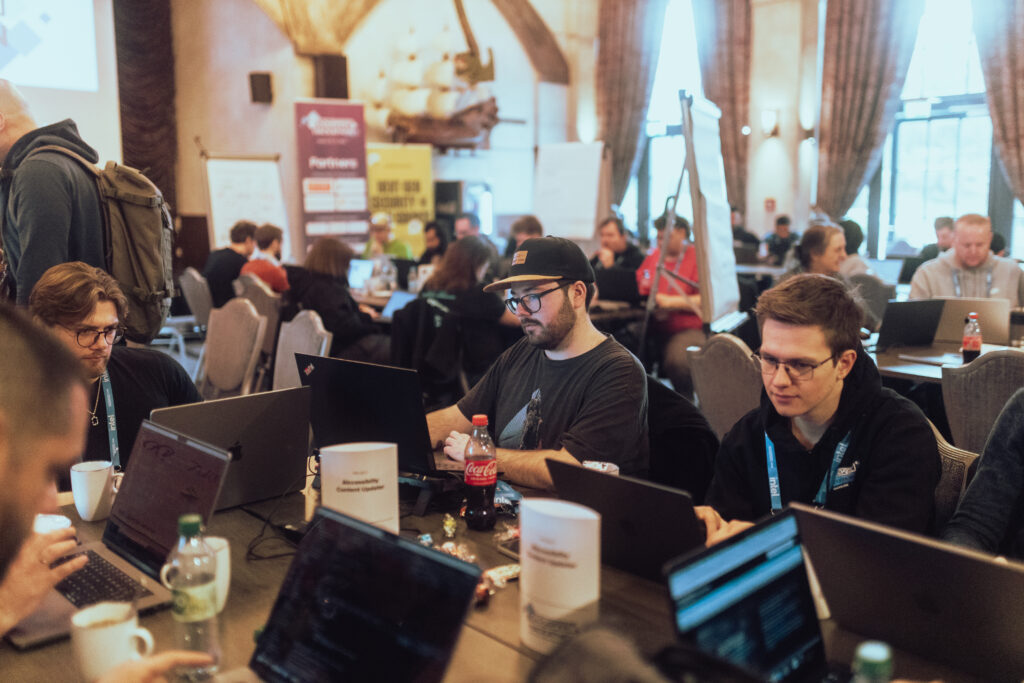
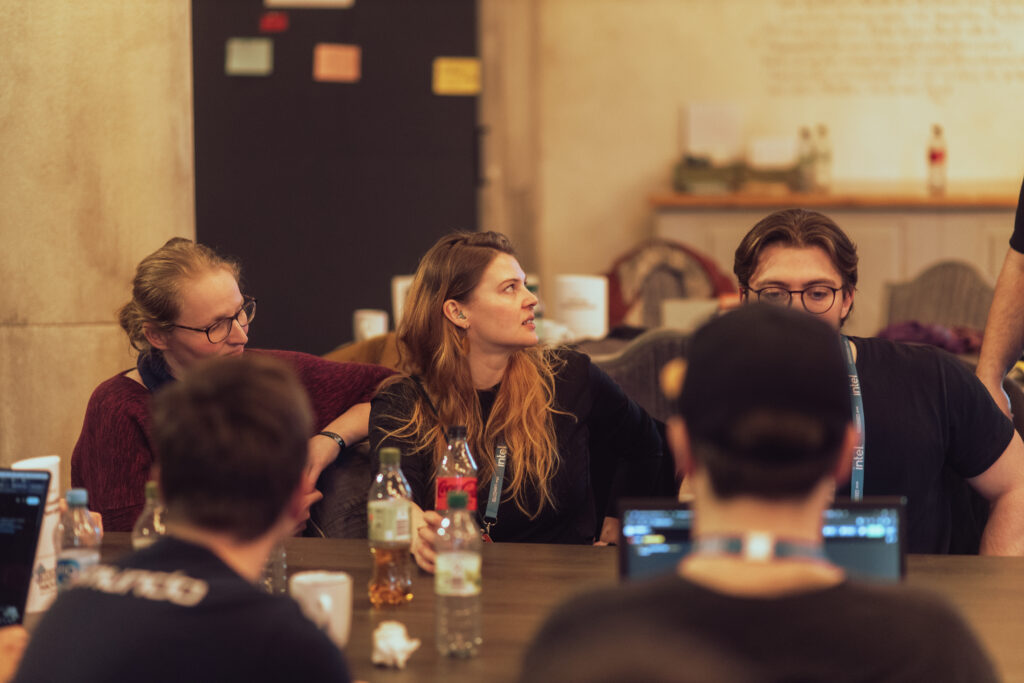
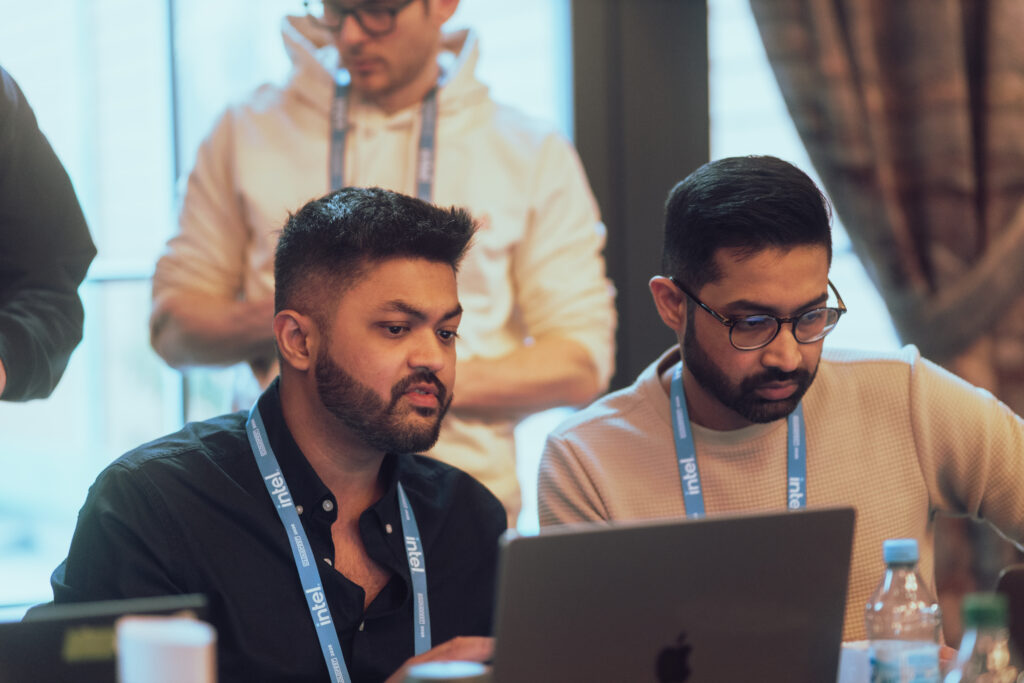
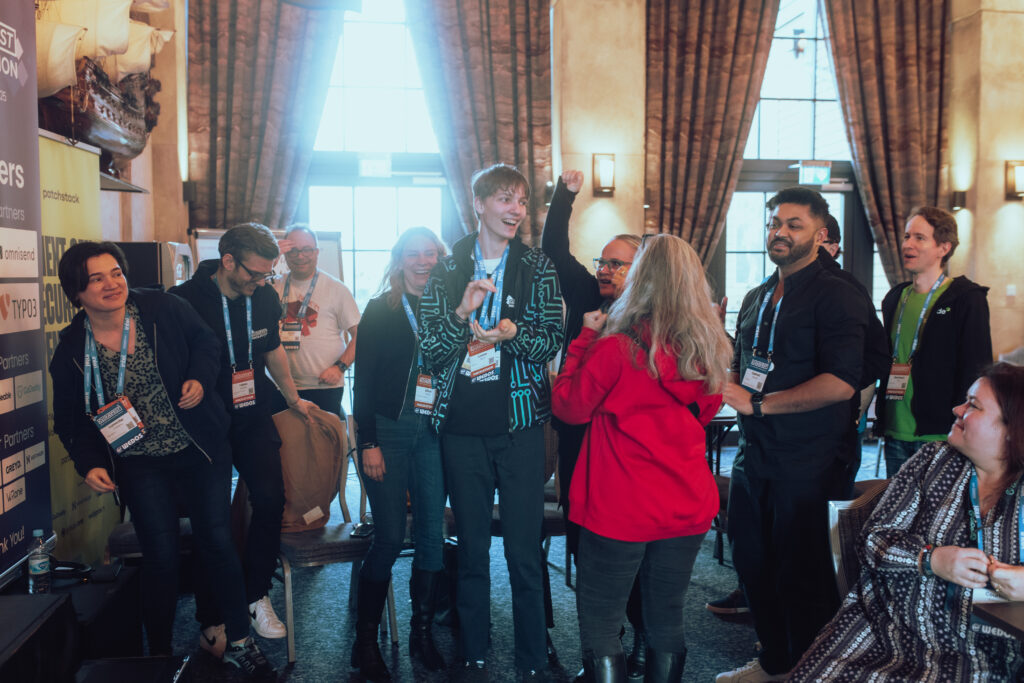
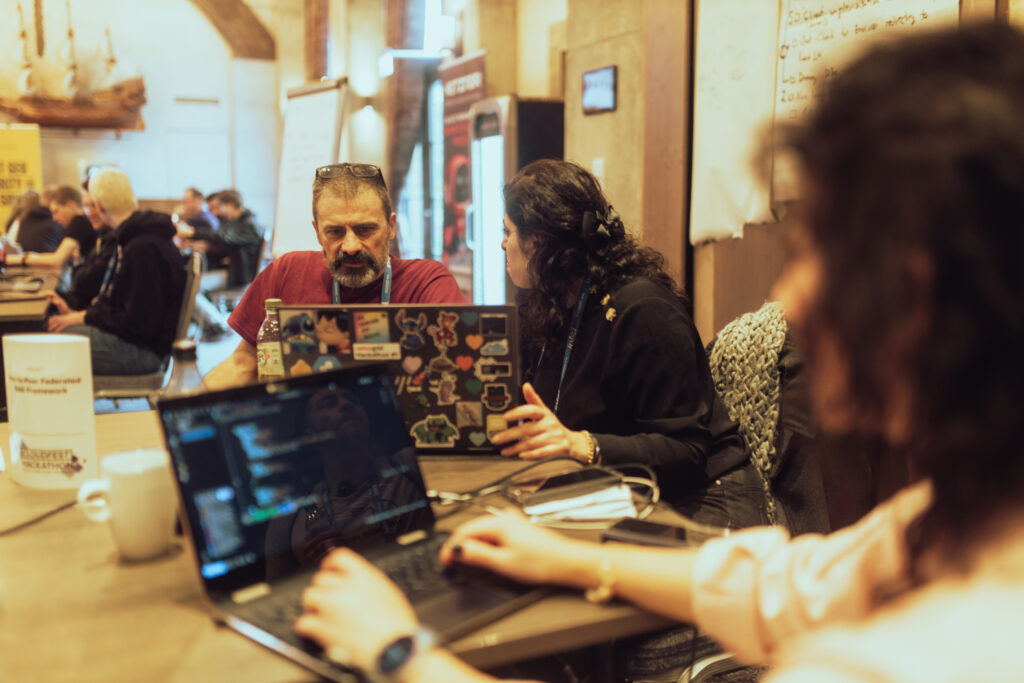
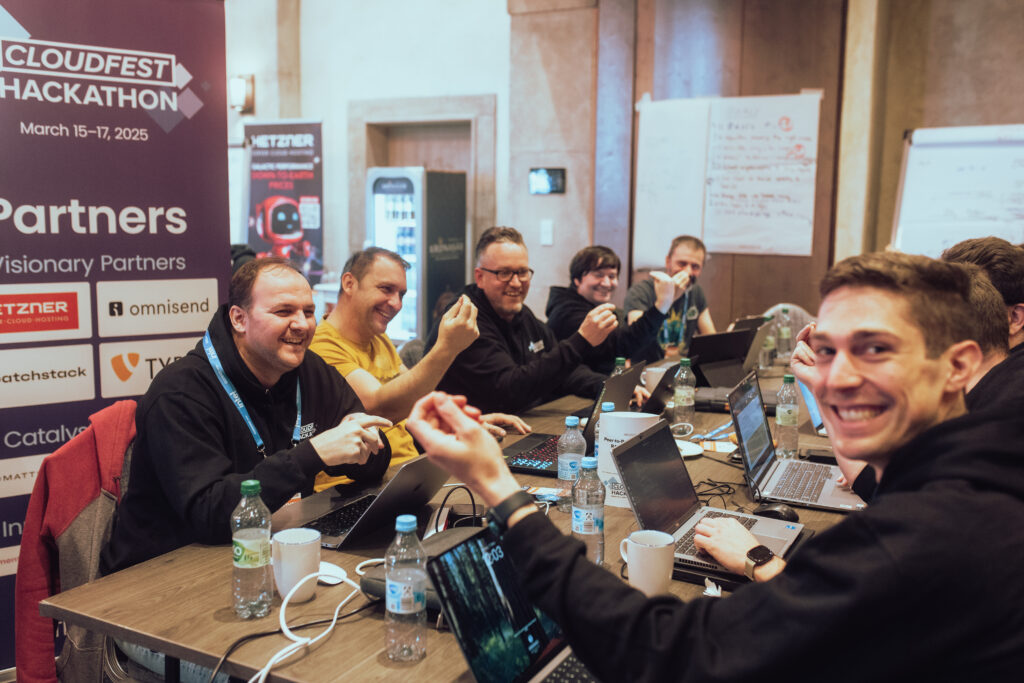
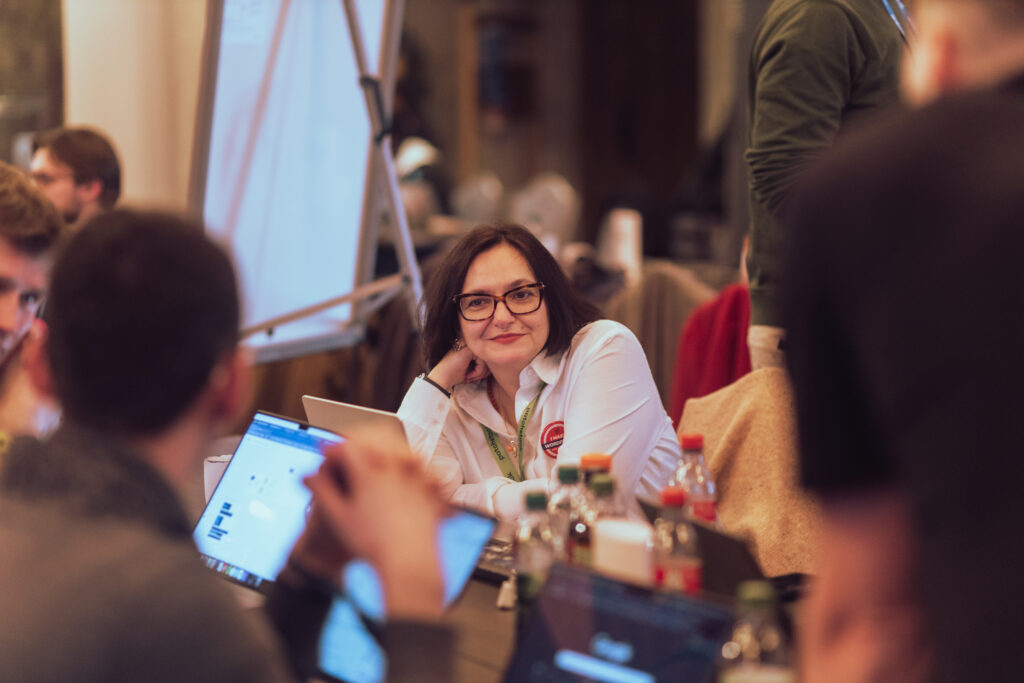
Our perfect attendance record—110 confirmed participants with zero no-shows—stands as the most powerful testament to the community we’ve created. In today’s world, where virtual commitments are easily abandoned, every single individual honored their pledge to participate, with many traveling great distances to take part This zero no-show rate is unprecedented for our event of and reflects both our meticulous selection and matching process and the extraordinary dedication of open-source enthusiasts who recognize the powerful potential of what we’re building together.
The Krønasår Hotel: Our Extraordinary Venue
CloudFest Hackathon 2025 found its home within the ornate walls of Hotel Krønasår—Europa-Park’s newest and most distinctive accommodation. Where last year we gathered in monastery-inspired spaces, this year we innovated surrounded by the wonders of a 19th-century Natural History Museum aesthetic.
The venue’s character—with its expedition memorabilia, scientific instruments, and vintage maps—created an atmosphere where technological innovation felt like a natural extension of humanity’s timeless quest for discovery. Developers wrote code beneath suspended antique boats and beside glass-encased curiosities, drawing inspiration from explorers who once charted unknown territories.
The thoughtful blend of historical ambiance with modern functionality proved ideal for our community’s needs—creating spaces that supported both progress and collaboration throughout our three-day journey of creation.

CloudFest Hackathon 2025 Project Results
At the heart of the 2025 CloudFest Hackathon were the innovations themselves—10 ambitious projects that embodied our vision for a more accessible, secure, and interconnected open web. 18 project leads pitched their ideas to Hackathon attendees in advance, allowing participants to choose initiatives that matched their skills and interests. You can see the full collection on the Hackathon website: CloudFest Hackathon 2025 Projects List.
Each team embraced unique challenges that pushed the boundaries of what’s possible in open-source development, from revolutionizing accessibility tools to strengthening web security, reimagining content management workflows for the modern web, and more.
The power of full participation—with every registered attendee present and engaged—meant that teams hit the ground running at maximum capacity. This full commitment translated into unstoppable momentum, allowing projects to progress from concept to functional prototypes with remarkable efficiency. The results speak for themselves: tangible solutions ready for real-world implementation, strategic frameworks poised to influence industry standards, and creative approaches that challenge conventional thinking across the open-source landscape.
Continue reading about our award winners or jump directly to any project below for in-depth information about hackathon results, team leadership, technical specifications, follow-up resources, and ongoing development efforts. 👇🏻
- Accessible Infographics
- WP-CLI as an MCP Host
- Peer-to-Peer Federated RAG Framework
- Securing the Supply Chain for OSS
- CMS Freedom
- CMS Health Checks
- CMS Cloud Manager
- AIccessibility Content Updater
- Federated Community Events
- WordPress Staging Environment Manager
Celebrating Excellence and Impact: The CloudFest Hackathon 2025 Awards
As the final lines of code were committed and the demonstrations concluded, our community gathered to honor outstanding achievements across multiple dimensions of excellence. The awards ceremony wasn’t merely about distributing trophies—it was about recognizing exceptional human ingenuity while furthering our mission of creating opportunities in technology for underrepresented communities.
From the inception of our awards program, we designed the friendly competition with a larger purpose: to fuel the Groundbreaker Talents initiative. Each sponsor-backed award directly contributes to scholarships that empower aspiring technologists from underrepresented communities, creating pathways for future technologists and leaders who might otherwise lack access to educational resources and professional networks.
Competition reached unprecedented heights in 2025, with judges facing difficult decisions. The Accessible Infographics team claimed the ultimate crown as the Overall Winner, with the innovative WP-CLI as an MCP Host team securing a well-deserved second place and the boundary-pushing Peer-to-Peer Federated RAG Framework rounding out the top three. This team also earned recognition in two specialized categories—a testament to its technical sophistication and the remarkable synergy of its multinational team.
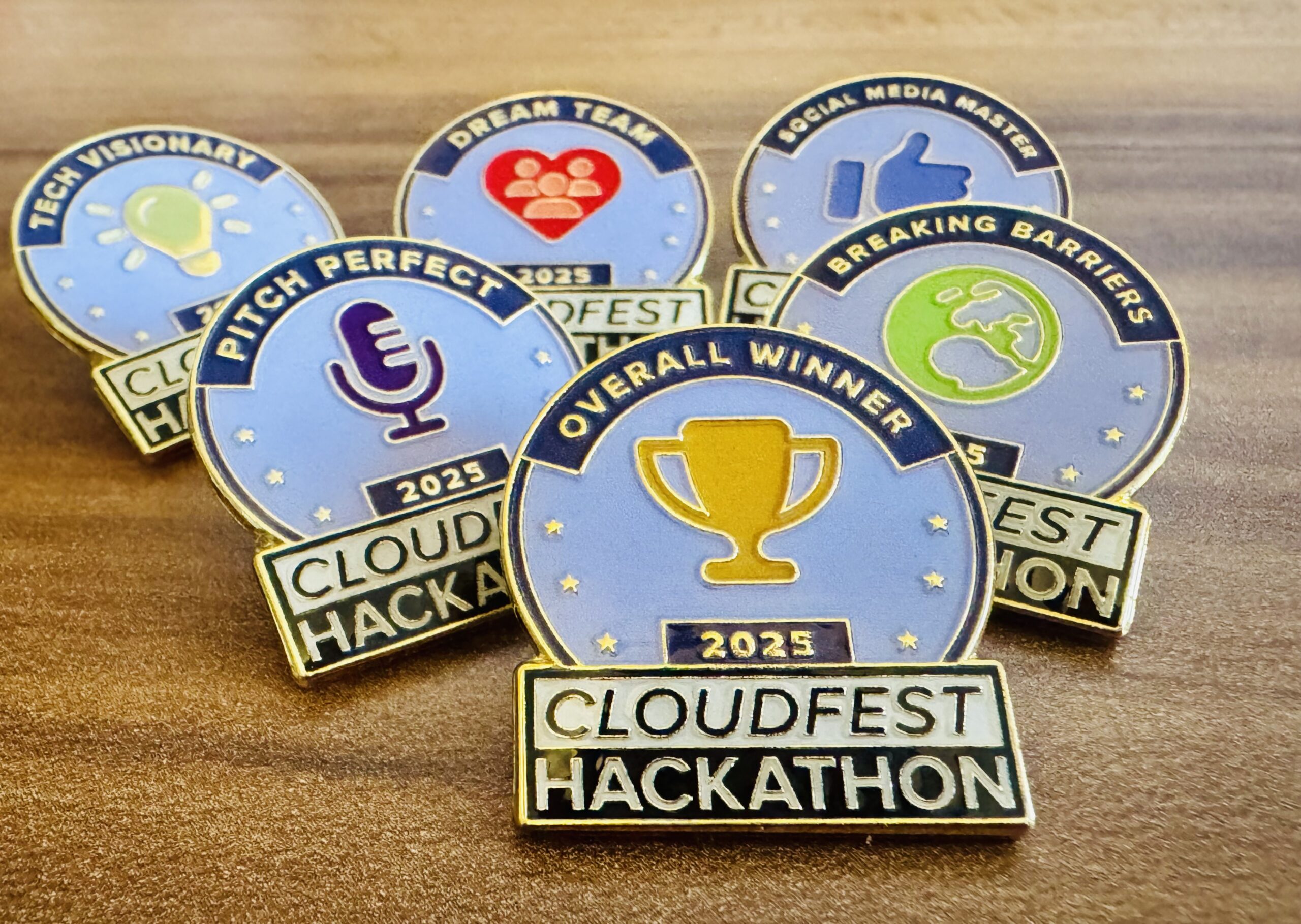
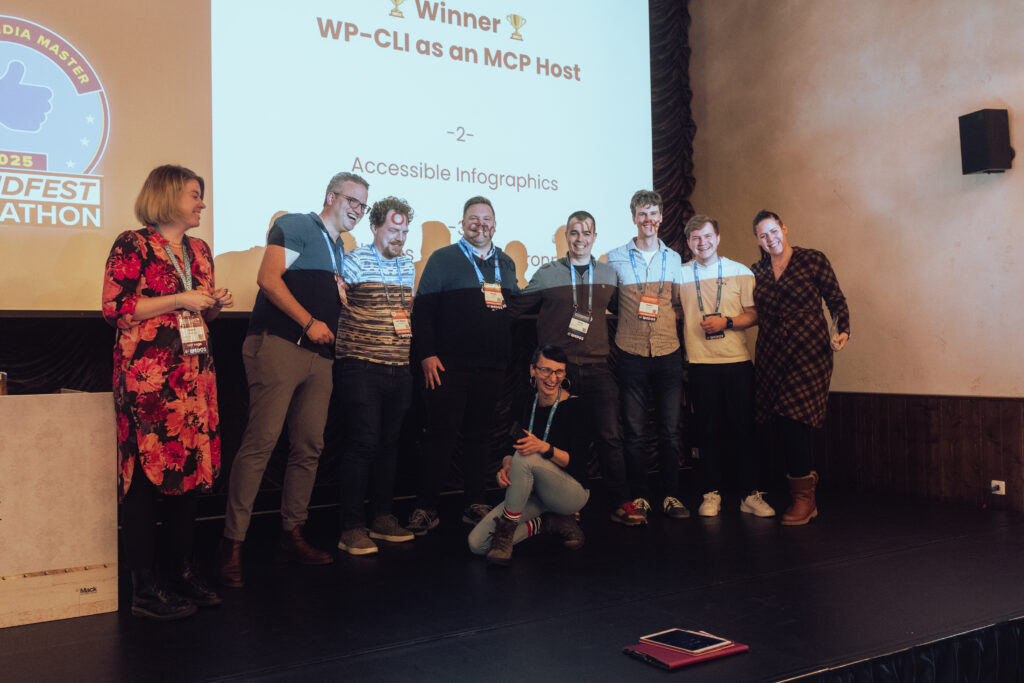
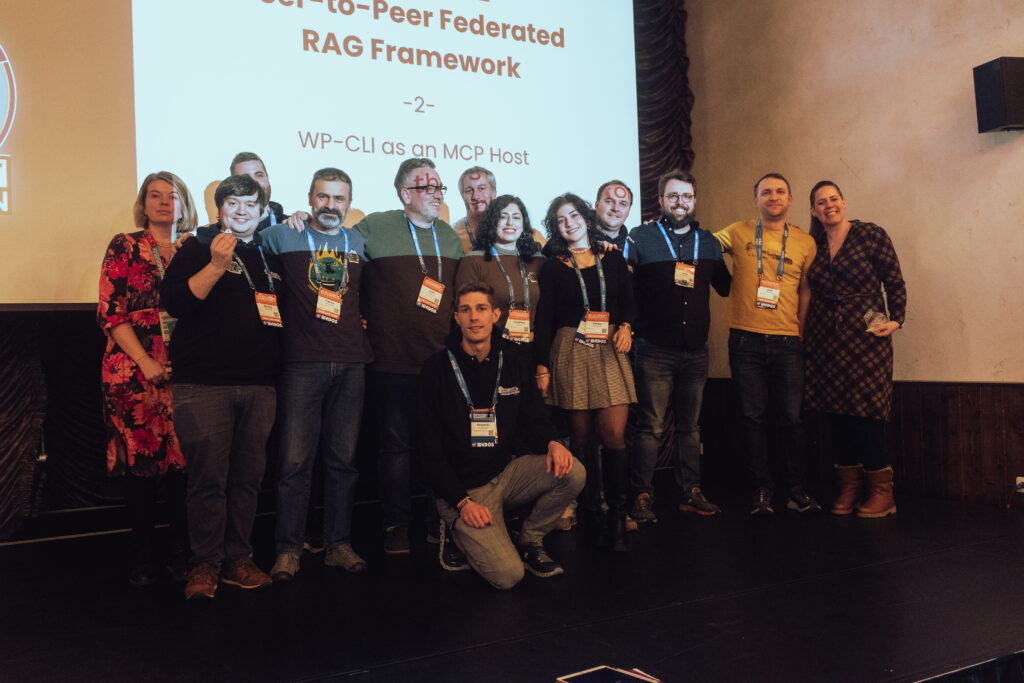
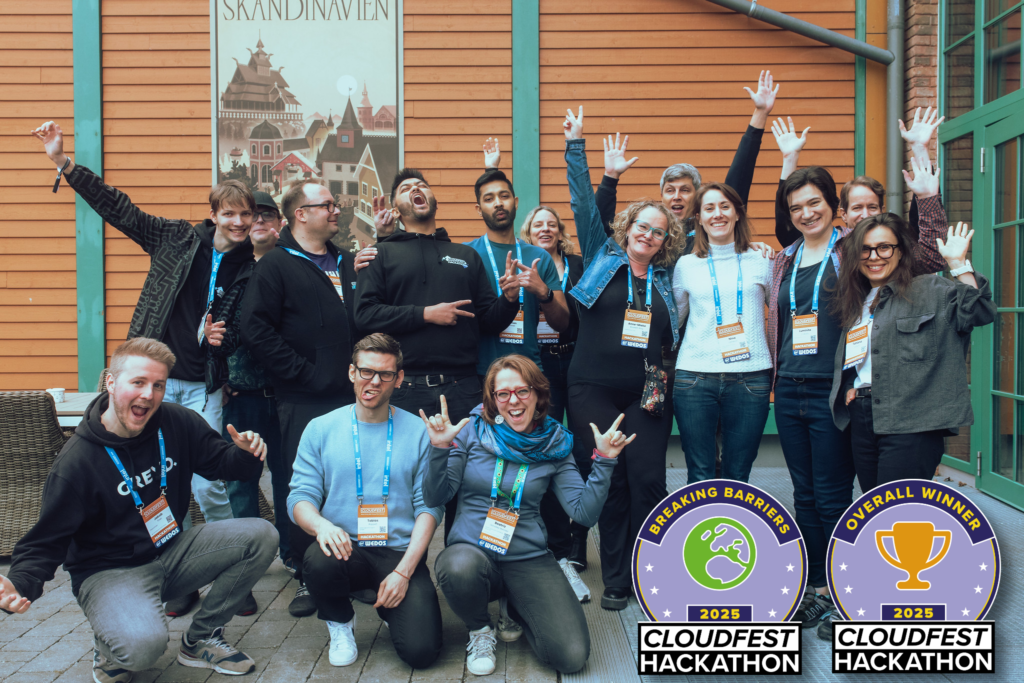
What became evident during the ceremony was how this year’s projects collectively addressed crucial challenges facing today’s digital ecosystem and the open web. From making content more universally accessible to strengthening security foundations and reimagining standard workflows, the winning teams tackled problems with immediate real-world implications. Most notably, many teams leveraged cutting-edge artificial intelligence technologies to solve long-standing challenges in innovative ways, demonstrating how emerging tools can be harnessed responsibly within the open-source ecosystem.
And the #CFHack2025 Awards Go To…
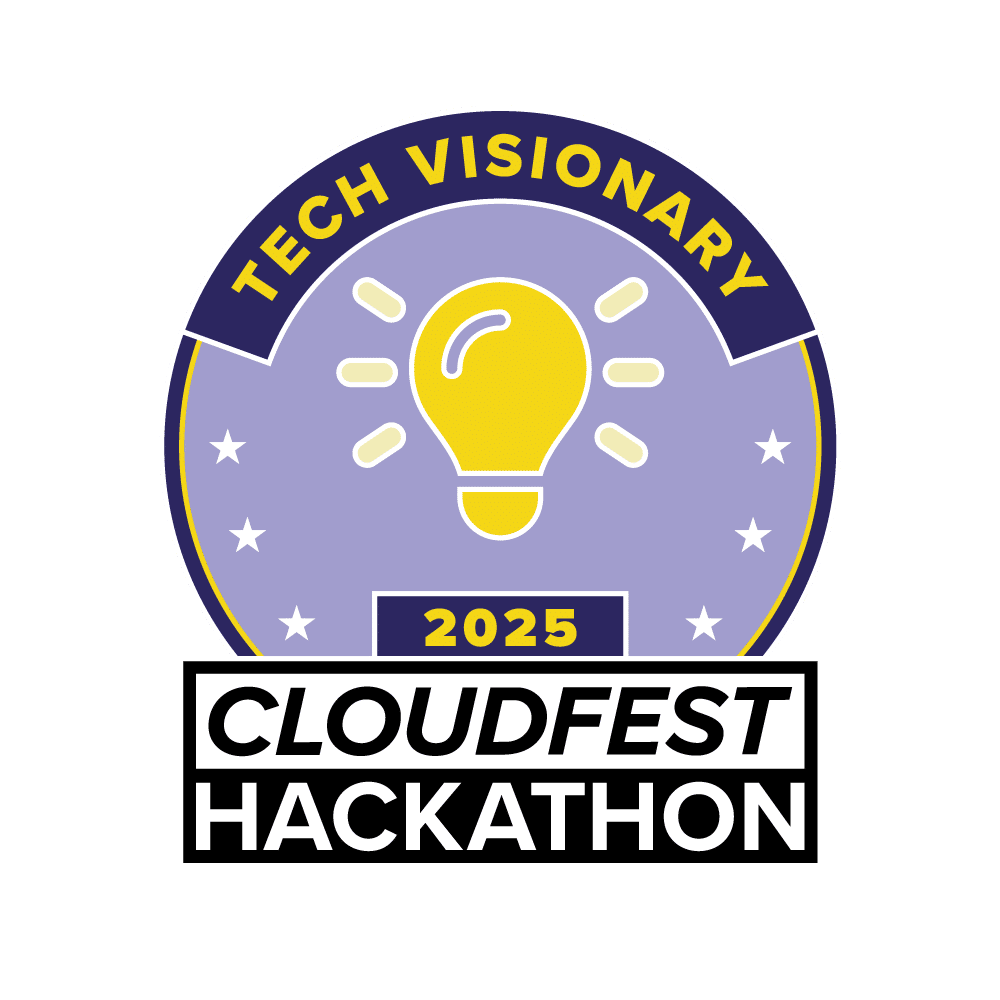 | Tech Visionary Award 🥇 Peer-to-Peer Federated RAG Framework | sponsored by Hostinger | Awarded to the team whose project demonstrates the most innovative technical implementation and creative use of technology. |
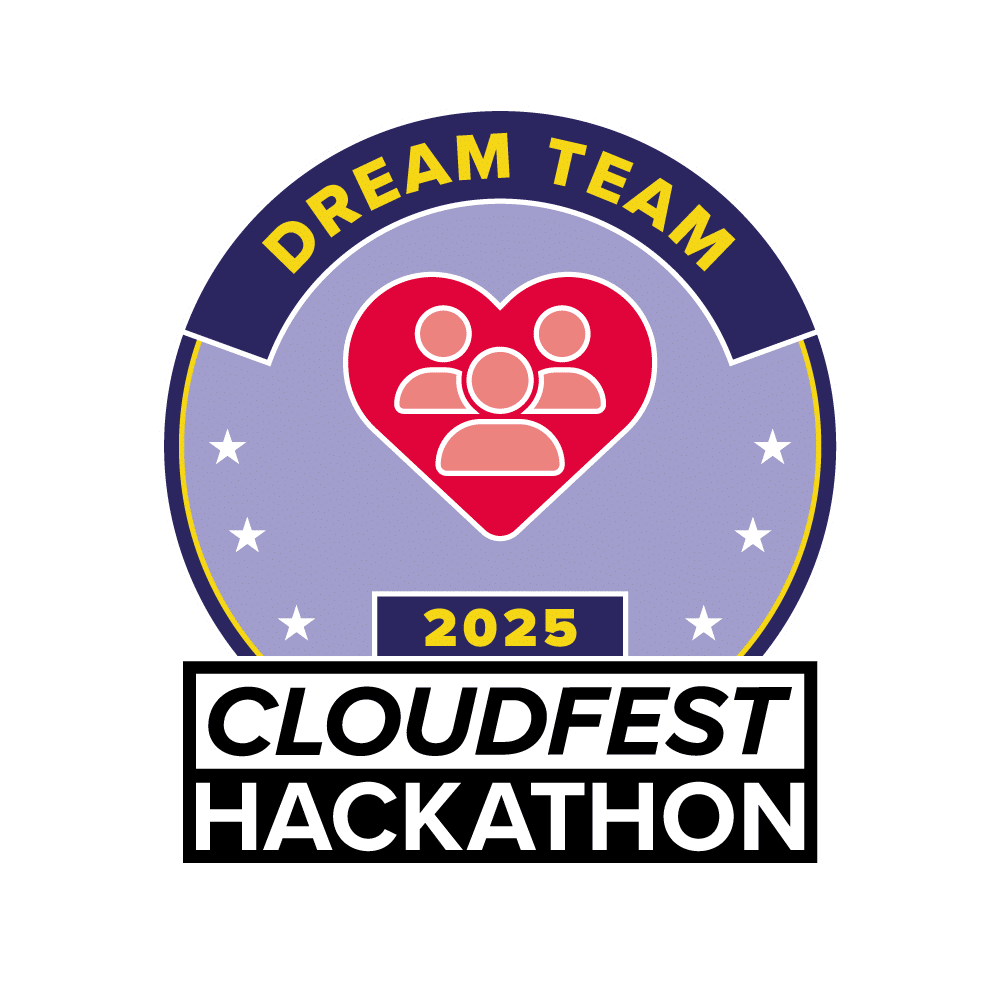 | Dream Team Award 🥇 Peer-to-Peer Federated RAG Framework |  sponsored by Omnisend | For the team that demonstrates exceptional teamwork, collaboration, and communication throughout the hackathon. |
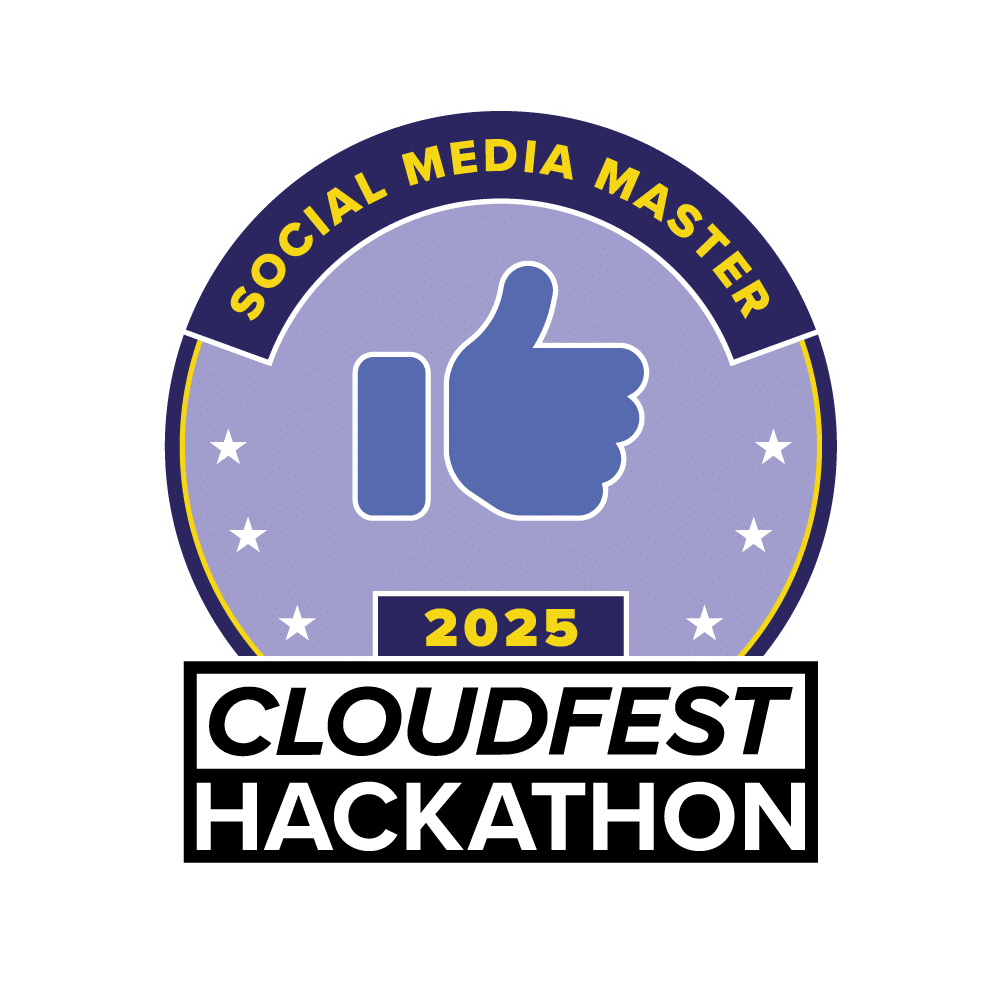 | Social Media Master Award 🥇 WP-CLI as an MCP Host | sponsored by Kinsta | Highlighting the team that creates the most buzz on social media during the hackathon. |
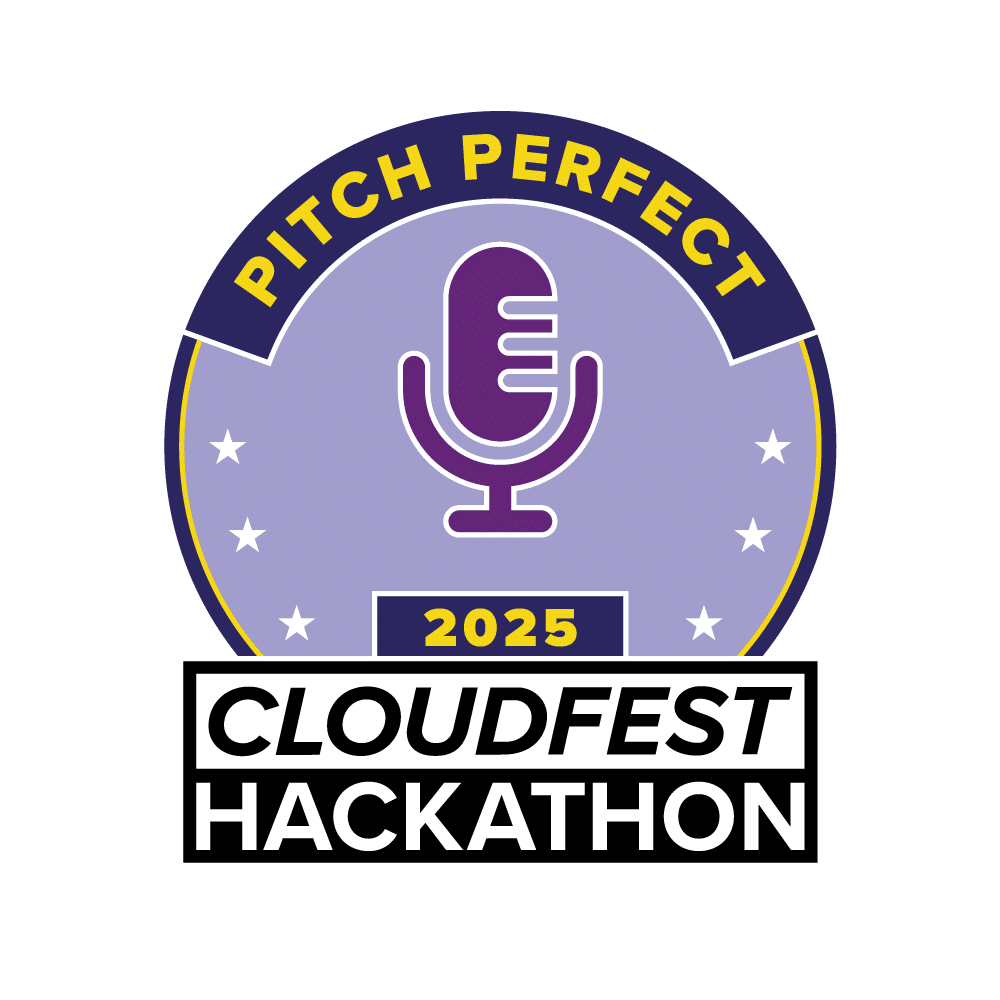 | Pitch Perfect Award 🥇 CMS Freedom 🥇 Securing the Supply Chain for OSS | 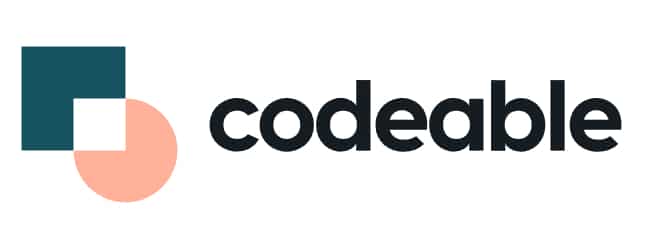 sponsored by Codeable | Rewarding the team that delivers the most compelling and engaging project presentation. |
 | Breaking Barriers Award 🥇 Accessible Infographics |  sponsored by Automattic | Rewards practical implementation of inclusive design principles while breaking down barriers for both development teams and end users. |
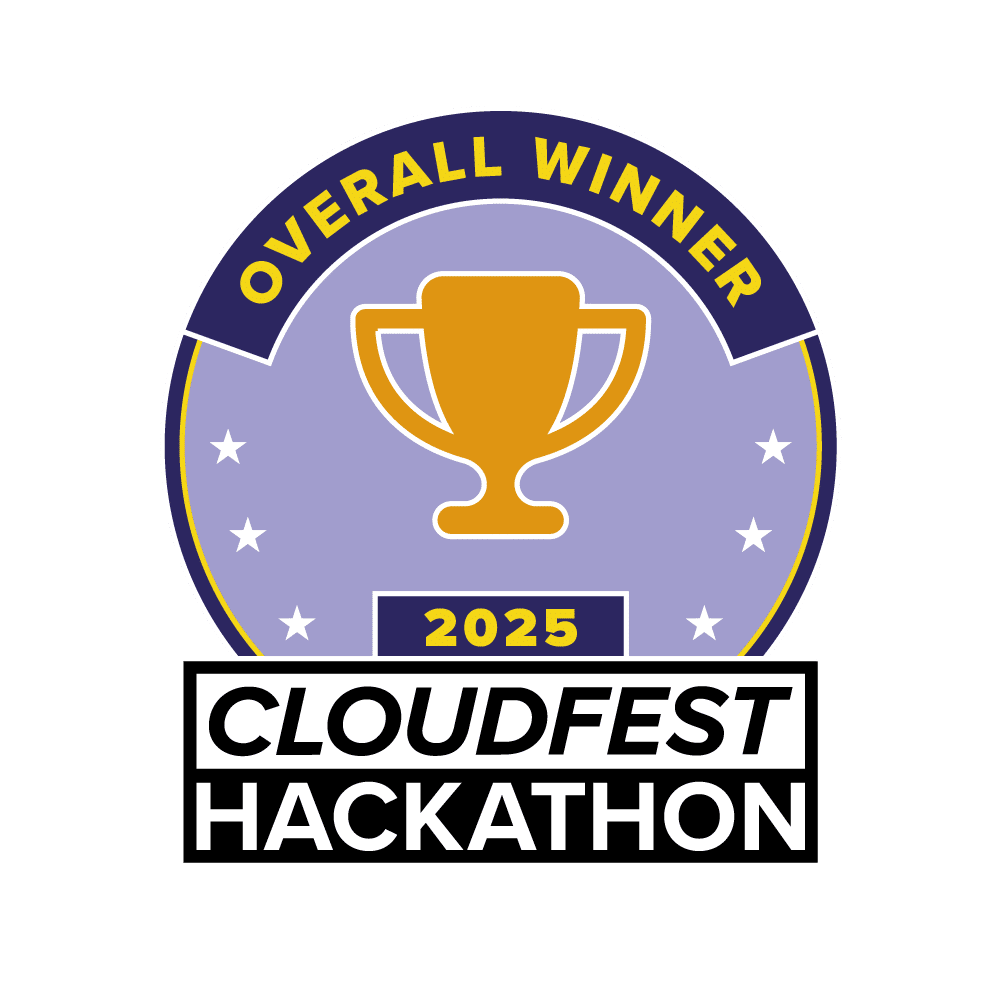 | #CFHack2025 Overall Winner 🥇 Accessible Infographics | 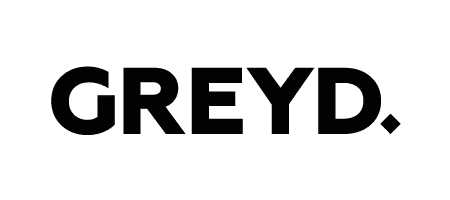 sponsored by Greyd | For the team that hacks its way to the top, emerging as the ultimate #CFHack Champion at the 2025 CloudFest Hackathon. |
Coding for Change: Our Groundbreaker Talents Partnership
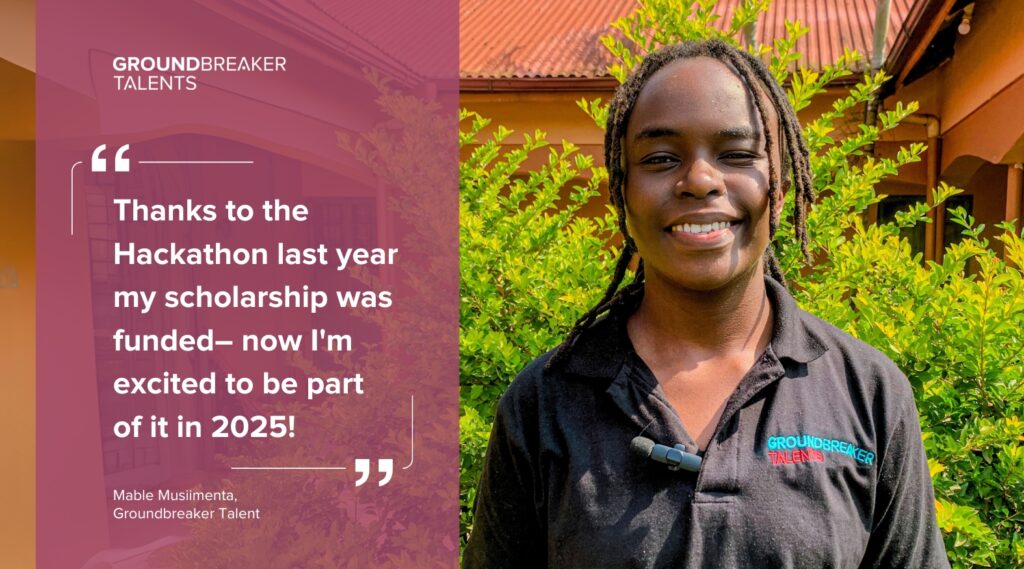
At CloudFest Hackathon, we code not just for today’s web but for tomorrow’s talent. Our partnership with Groundbreaker Talents transforms technical achievement into educational opportunity for underrepresented communities.
This year, we welcomed Bobbie Musiimenta from Uganda—a living testament to our mission’s impact. Funded through last year’s Hackathon award sponsorships, Bobbie joined the Federated Community Events team and confidently presented their results on stage. Her journey from scholarship recipient to active contributor demonstrates how intentional inclusion strengthens our entire community.
And the cycle continues. Through this year’s award sponsorships, we’ve secured funding for another Groundbreaker scholar to begin their journey in the coming weeks, with plans for their participation in CloudFest Hackathon 2026 already underway.
Groundbreaker Talents provides full-time residential scholarships in Software Engineering for young women from financially constrained communities, equipping them with technical skills and professional networks essential for sustainable careers in technology.
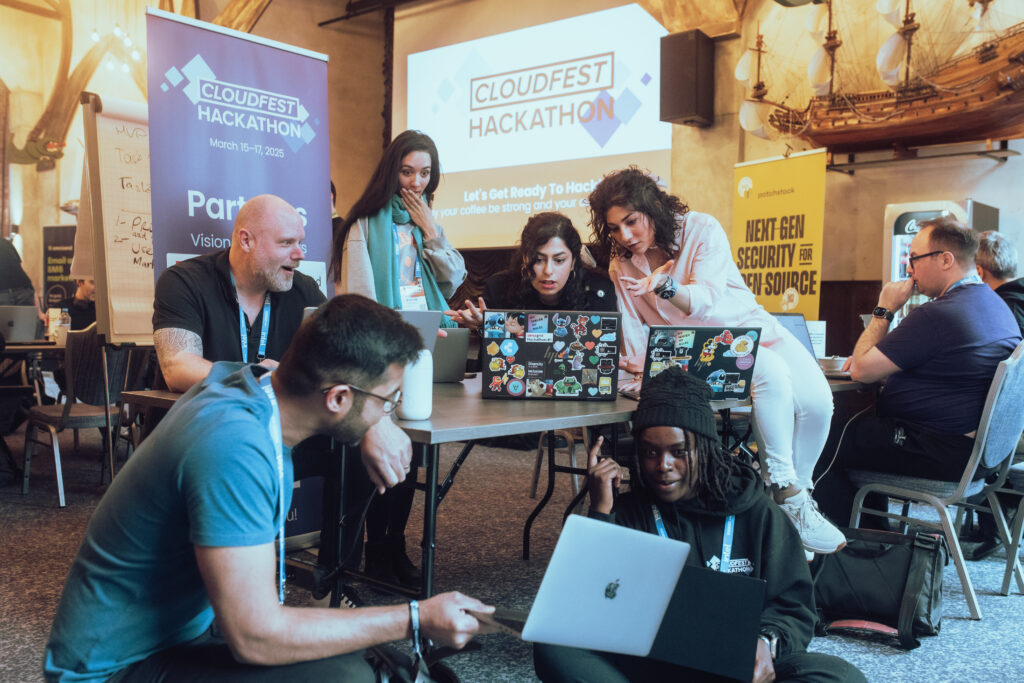
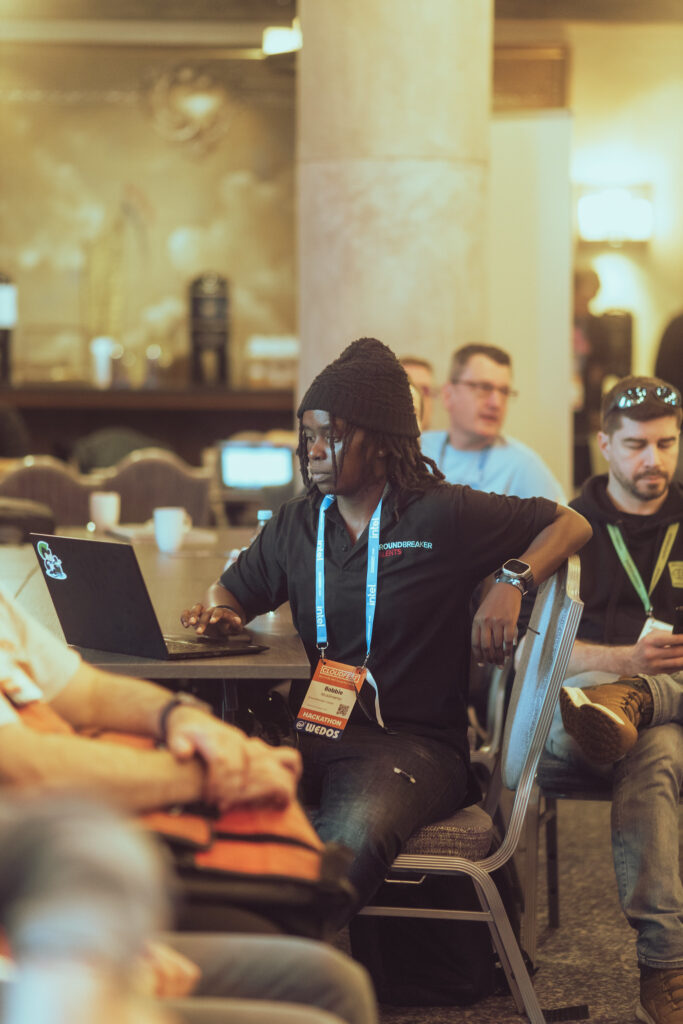
Join Us in Making a Difference
You don’t need to wait until next year’s Hackathon to contribute to this vision. Individual donations to Groundbreaker Talents can be made directly through their donation platform, and every contribution—regardless of size—helps build a more equitable tech ecosystem.
Learn more about Groundbreaker Talents, our continued partnership, and how you can support the project:
Partner Spotlight: The Foundation of Our Success
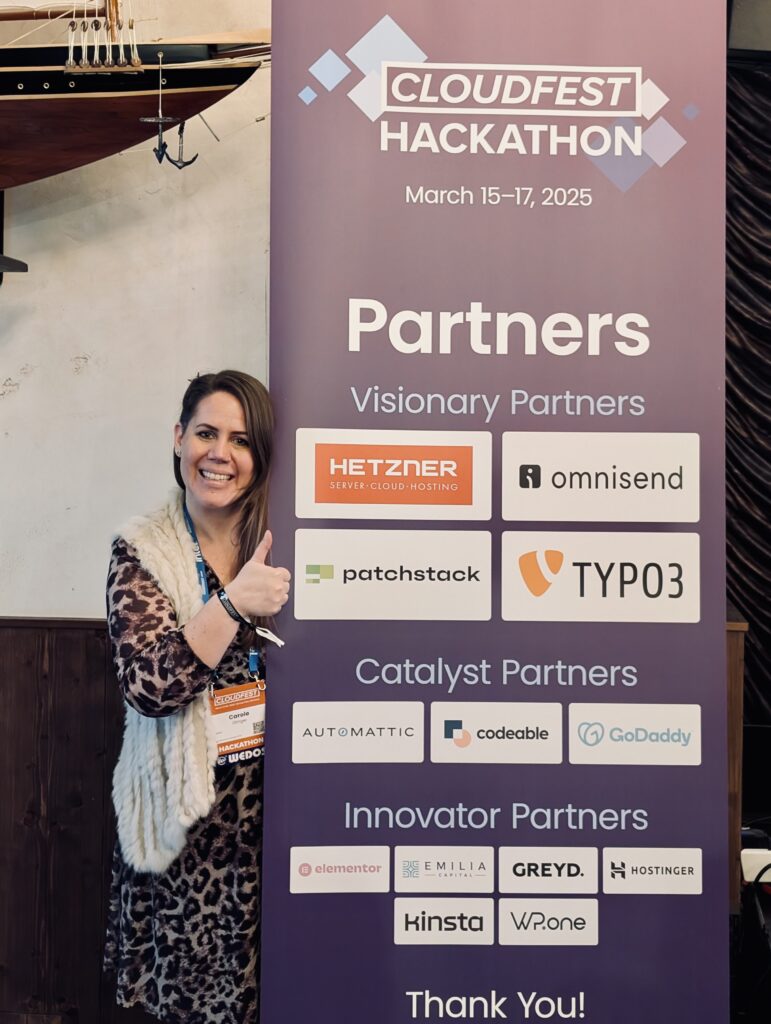
Behind every successful CloudFest Hackathon is a coalition of supportive and actively engaged partners whose contributions transcend traditional sponsorship. The 2025 Hackathon was made possible through the extraordinary commitment of organizations that recognize the strategic importance of open-source innovation and community development.
Our 13 Partners didn’t simply provide funding—they invested in the future of the open web. Many sent their brightest minds to participate directly in projects, sharing expertise and building relationships that will continue long after the event. Their active engagement enriched the Hackathon experience while creating natural pathways for talent discovery and cross-organizational collaboration.
CloudFest Hackathon Visionary Partners:
CloudFest Hackathon Catalyst Partners:
CloudFest Hackathon Innovator Partners:
We’re equally grateful to our eight Media Partners who amplified our community’s voices, ensuring that the innovations developed during these intensive days reach audiences capable of implementing, expanding, and building upon them. Their storytelling transforms isolated achievements into industry-wide inspiration.
The Dream Team Behind CloudFest Hackathon
Every successful event has exceptional people working behind the scenes to make the magic happen. CloudFest Hackathon 2025 was brought to life through the tireless efforts, creative vision, and meticulous planning of our dedicated core team:
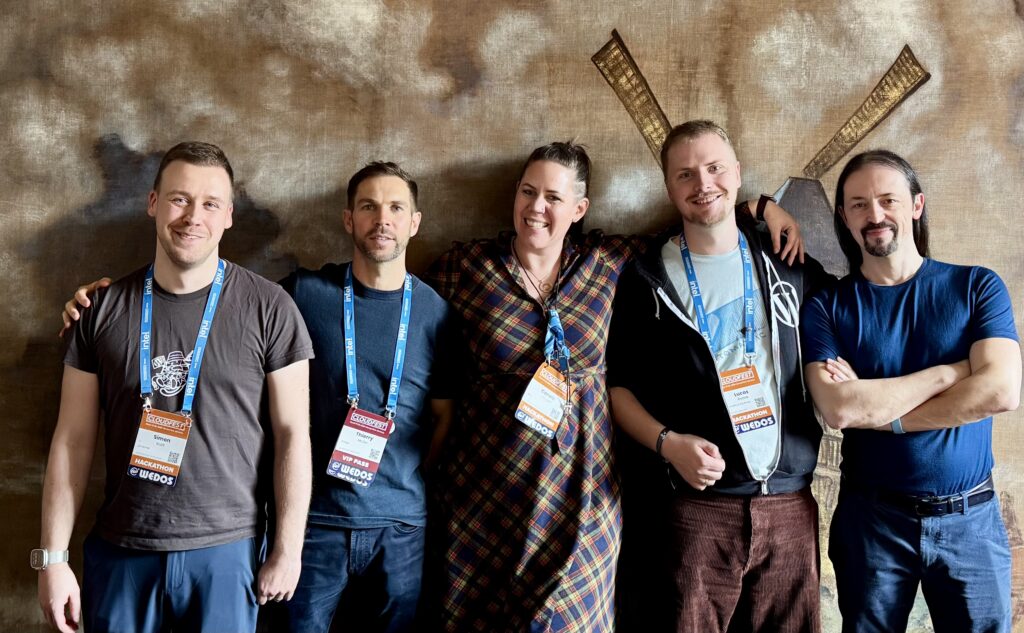
From left to right: Simon Kraft, Thierry Muller, Carole Olinger, Lucas Radke and Alain Schlesser
Carole Olinger, Head of CloudFest Hackathon.
As the driving force behind CloudFest Hackathon, Carole’s leadership and passion for open-source innovation created an environment where creativity flourished and community bonds strengthened. Her commitment to diversity and inclusion shaped every aspect of the event.
Lucas Radke, Alain Schlesser, and Thierry Muller, our Project Support Team.
They provided technical guidance, mentorship, and strategic direction to ensure every project reached its full potential. Their deep expertise across various technologies and methodologies proved invaluable as teams navigated complex challenges.
Simon Kraft served as our indispensable Volunteer Assistant throughout the event, ensuring smooth operations and helping organizers and participants connect with the resources they needed. His attention to detail and positive energy significantly contributed to the event’s success.
This collaborative leadership approach embodied the very spirit that CloudFest Hackathon celebrates—proving once again that great achievements arise from combining passion, diverse skill sets and perspectives toward a shared vision.
Media Partner Coverage, Podcasts, and Blog Posts

Do The Woo (in order of release):
🎙️ All Things CloudFest Hackathon (Podcast)
Guest host and Head of CloudFest Hackathon, Carole Olinger discusses the event with project leads, project mentors, and partners.
Guests: Alain Schlesser (Yoast), John Blackbourn (Human Made), Oliver Sild (Patchstack), Pascal Birchler (Google) and Vytautas Dilba (Omnisend).
🎙️ Behind CMS Freedom (Podcast)
with project leads Patricia Brun Torre (Patricia BT Servcies) and Dennis Snell (Automattic)
🎙️ Bridging Innovation and Community (Podcast)
with Jessica Lyschik and Jakob Trost from Greyd live at the CloudFest Hackathon
📝 The Winners of CloudFest Hackathon 2025 (Blog Post)
The Repository by Rae Morey
📝 CloudFest Hackathon 2025: An Event That’s Hit Its Stride: An interview with Carole Olinger by Raelene Morey (Blog Post)
📝 Visua11y Wins CloudFest Hackathon With Breakthrough Accessibility Plugin: Highlighting the #CFHack2025 winner project (Blog Post)
📸 Vulgar Productions by Roan de Vries
Roan de Vries once more presents several amazing CloudFest Hackathon photo galleries that visually narrate the hackathon’s story, capturing the attendees’ intense work, joy, and camaraderie.
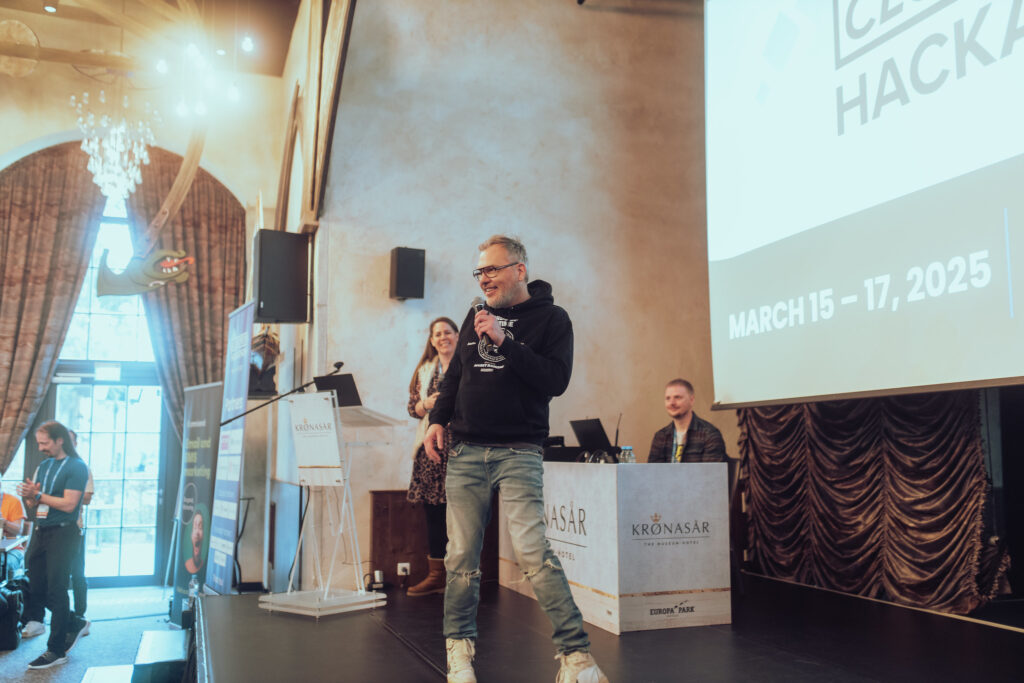
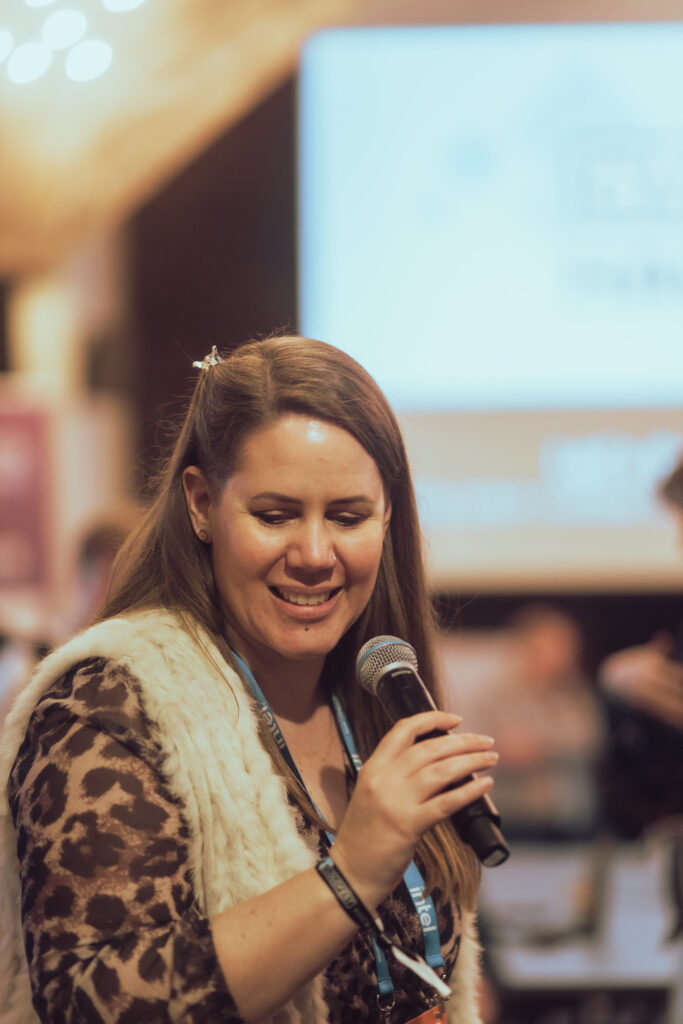
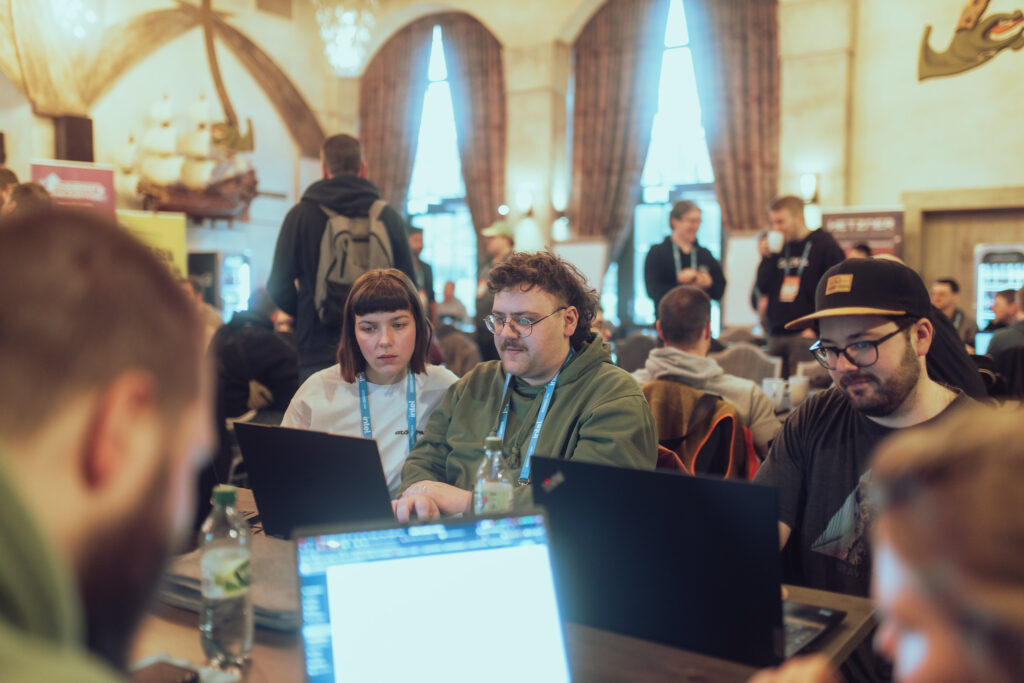
A large selection of Roan’s photos made it into the official CloudFest Hackathon 2025 Flickr Album 👇
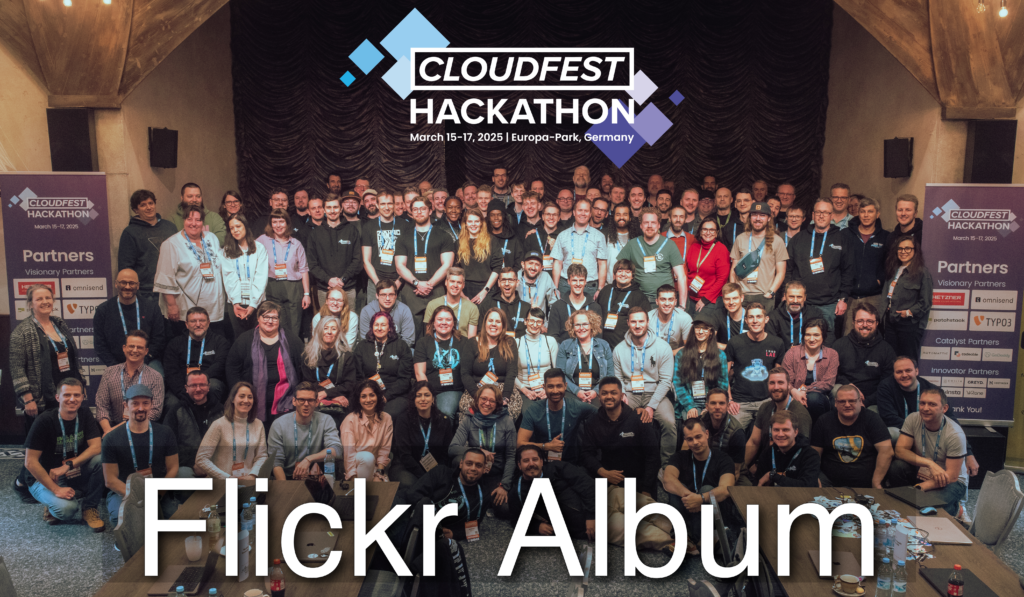
WPTavern
🎙️ Content by Nathan Wrigley will be published soon.
Craylor Media
🎥 More content by Christian Taylor will be published soon.
Szymanski Media
🎥 Content by Mark Szymanski will be published soon.
WP Builds
🎙️ Content by Nathan Wrigley will be published soon.
Partner and Attendee Coverage
📝 CloudFest Hackathon vs WordCamp Contributors Day by Remkus de Vries (Attendee, WordPress Veteran and Performance Specialist)
📝 Recap: CloudFest Hackathon 2025 by Wolf-Dieter Fiege from GoDaddy (CF Hackathon Partner and Project Leads)
📝 CloudFest Hackathon: Old-school WordPress contributing vibes by Joost de Valk from Emilia Capital (CF Hackathon Partner)
📝 Built with Heart: Codeable at the CloudFest Hackathon 2025 by Codeable (CF Hackathon Partner)
📝 A Full Circle Moment at CloudFest Hackathon 2025 by Birgit Olzem (Partner Attendee)
📝 My experience at Cloudfest Hackathon 2025 by Lumi Ciobanu (First-Time Attendee)
📝 Enabling AI-Powered WordPress Development with WP-CLI and the Model Context Protocol (MCP) by Pascal Birchler (Project Lead)
🎙️ ShoutFest Before CloudFest! Meet some of the CloudFest Hackathon Crew by Roger Williams from Kinsta (CF Hackathon Partner)
What’s Next?
As the code repositories from CloudFest Hackathon 2025 continue to evolve through ongoing contributions, we’re already envisioning the future of our community gathering. The momentum generated over these three intensive days will carry forward into a year of development, implementation, and expansion of the ideas born here.
Save The Dates!
Mark your calendars now for CloudFest 2026! Building on this year’s extraordinary success, we’re preparing an event that will push boundaries even further while maintaining the intimate, collaborative atmosphere that also makes our hackathon unique.
Mark Your Calendars For Next Year!
CloudFest March 23-26, 2026
CloudFest Hackathon March 21-23, 2026
Europa-Park Rust, Germany
Extend Your CloudFest Experience to Miami, US
Can’t wait until next March to reconnect with the CloudFest community? Join us for CloudFest USA in vibrant Miami!
CloudFest USA: Driving Innovation and Scale in the Alternative Cloud Ecosystem November 5-6, 2025 | Miami, Florida
Don’t miss America’s premier Internet infrastructure event in a new, vibrant location! CloudFest USA focuses on the alternative cloud ecosystem—a $164 billion market expected to reach $350 billion in the next five years.
As a CloudFest Hackathon participant, use code CFHACK25 for a 15% registration discount.
Stay Connected
The true power of the CloudFest Hackathon extends far beyond three days in March. We encourage all participants to:
- Continue developing your projects (and tag #CFHack2025 in your updates)
- Share your experience through blog posts, podcasts, and social media
- Join our quarterly virtual meetups to maintain momentum (details coming soon)
- Consider proposing a project for next year’s event
To everyone who contributed their talents, energy, and vision to CloudFest Hackathon 2025: you’ve collectively demonstrated what’s possible when we unite diverse perspectives around shared challenges.
Check Out The Detailed Project Results
Before we conclude our 2025 Hackathon recap, let’s take a closer look at the incredible results of our projects that formed the foundation of this year’s success. Each project recap represents countless hours of collaboration, problem-solving, and innovation. These are the tangible outcomes that will continue to impact the open-source community long after our event has concluded.
Accessible Infographics
🏆 Overall Winner and Breaking Barriers Award 🏆
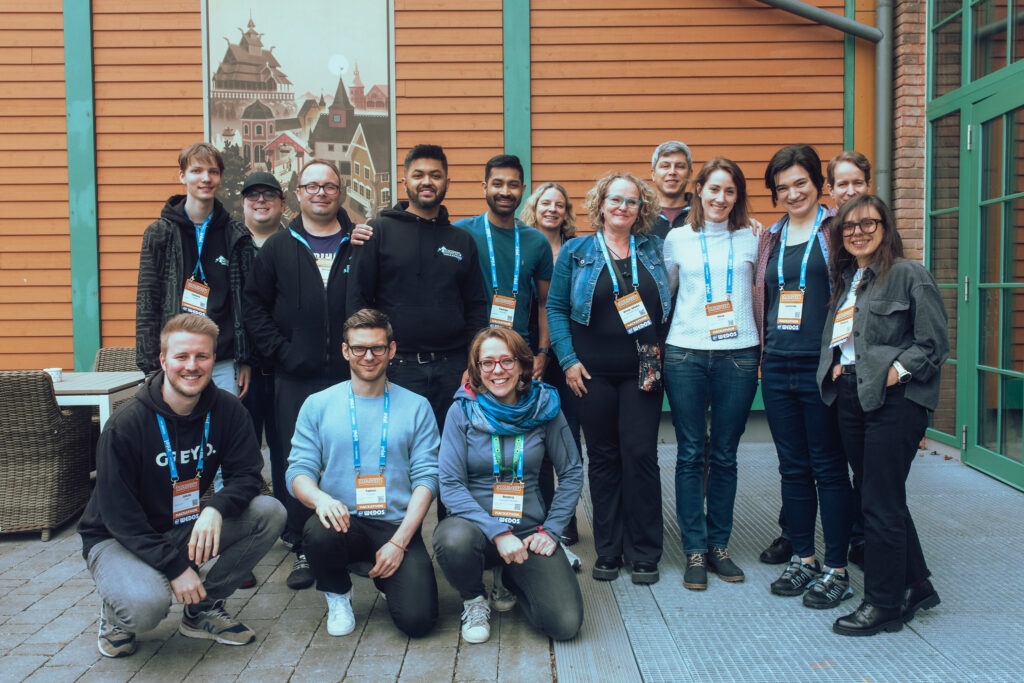
The Accessible Infographics team tackled a widespread challenge: making visual data accessible to everyone, regardless of ability. Their project began months before the hackathon with careful planning and team formation, resulting in an exceptional organization that allowed them to exceed expectations during the event.
The diverse team—including developers, marketers, accessibility specialists, and content creators—transformed their concept into a working WordPress Block plugin by the second day. Their solution reduces the time needed to create accessible infographics from an hour of manual work to just two clicks, making accessibility achievable for content creators without coding knowledge.
Despite many team members facing neurodiversity challenges in the high-intensity environment, their collaborative spirit and structured approach led to extraordinary results. The project won both the Breaking Barriers Award and the #CFHack2025 Overall Winner title, with the jury recognizing its immediate practical application and potential for wider impact.
Post-Hackathon, the team continues development through their website (visua11y.org), preparing a free version for the WordPress repository while creating documentation for implementation in other content management systems. They plan to expand functionality to include bulk generation of accessible infographics and additional features that put AI to good use for accessibility.
Team Leads: Anne-Mieke Bovelett and Nina Jameson
Website: Link to project website
CF Hackathon project page: Link to project page
WP-CLI as an MCP Host: Enabling AI-Powered WordPress Development
🏆 2nd Place and Social Media Master Award 🏆
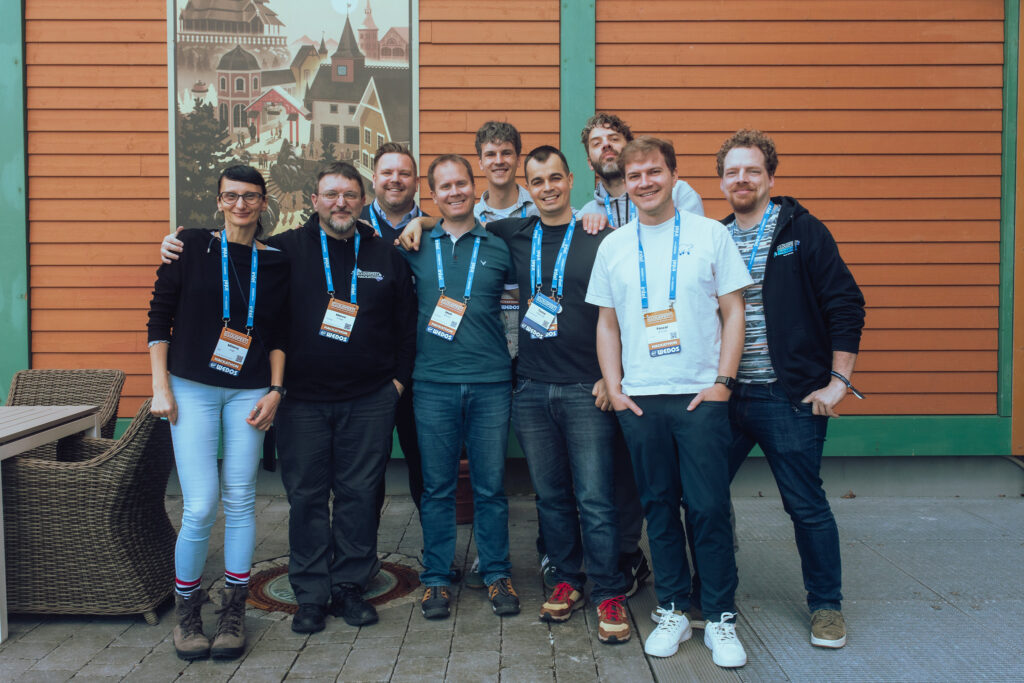
The team developed a solution to enable AI-powered WordPress site manipulation via a terminal by implementing the Model Context Protocol (MCP) in the WordPress ecosystem through a command line interface (WP-CLI). Their versatile interface is capable of connecting not only with WordPress MCP servers but with any MCP server.
Despite working with bleeding-edge technology, the team successfully implemented a robust server that exposes REST API routes and WP-CLI commands as function-calling capabilities. They complemented this with an MCP client able to connect to multiple servers and a provider-agnostic LLM integration for natural language processing. Their innovation extended to image editing capabilities using a newly released Gemini API that had only become available days before the hackathon.
The project holds promising potential for future development, particularly the possibility of implementing the MCP server in WordPress core or as a plugin. The team has made their work available through GitHub for ongoing collaboration and development. The activity of influential participants on their team across social media platforms earned them the Social Media Master Award, generating the highest engagement among all hackathon projects.
Team Lead: Pascal Birchler
GitHub: Link to repository
CF Hackathon project page: Link to project page
Peer-to-Peer Federated RAG Framework
🏆 3rd place and Tech Visionary Award and Dream Team Award 🏆
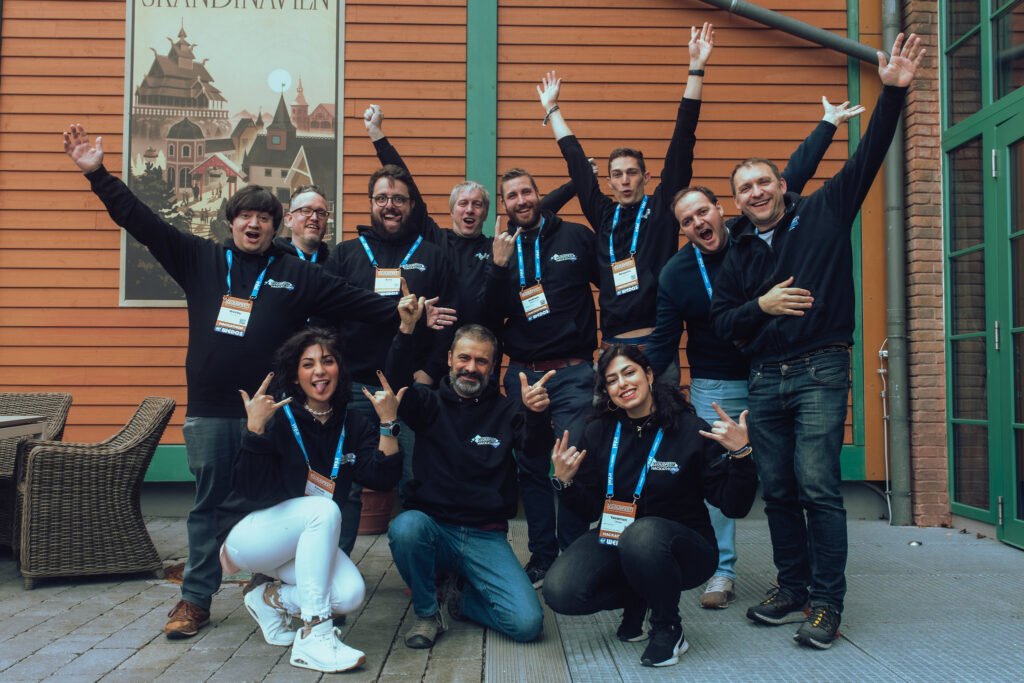
A multinational team representing seven different countries developed an innovative peer-to-peer federated Retrieval Augmented Generation (RAG) framework. Recognizing the limitations of relying on a singular source of context for complex requests, the team created a federated knowledge network for generative AI applications that enables multiple nodes of experts to collaborate and find consensus about what context is the most relevant.
The project’s technical breakthrough came through implementing a vector-based peer-to-peer protocol for federated retrieval based on embeddings, which provided superior efficiency and security.. The team integrated existing open-source technologies including Libp2p and LLPhant while contributing improvements to these libraries.
Using Go, Python, PHP, Laravel, and Streamlit, the team built a complete end-to-end MVP that enables decentralized knowledge-sharing. Their collaborative approach and dedicated work ethic—often extending into late evening hours—resulted in a functional peer-to-peer network successfully exchanging vector embeddings. Future development plans include research presentations in Europe, codebase refinement, support for multiple embeddings, and enhancement of the consensus protocol.
Team Leads: Wesley Stessens and Franco Lombardo
GitHub: Link to repository
CF Hackathon project page: Link to project page
Securing The Supply Chain for OSS
🏆 Pitch Perfect Award 🏆
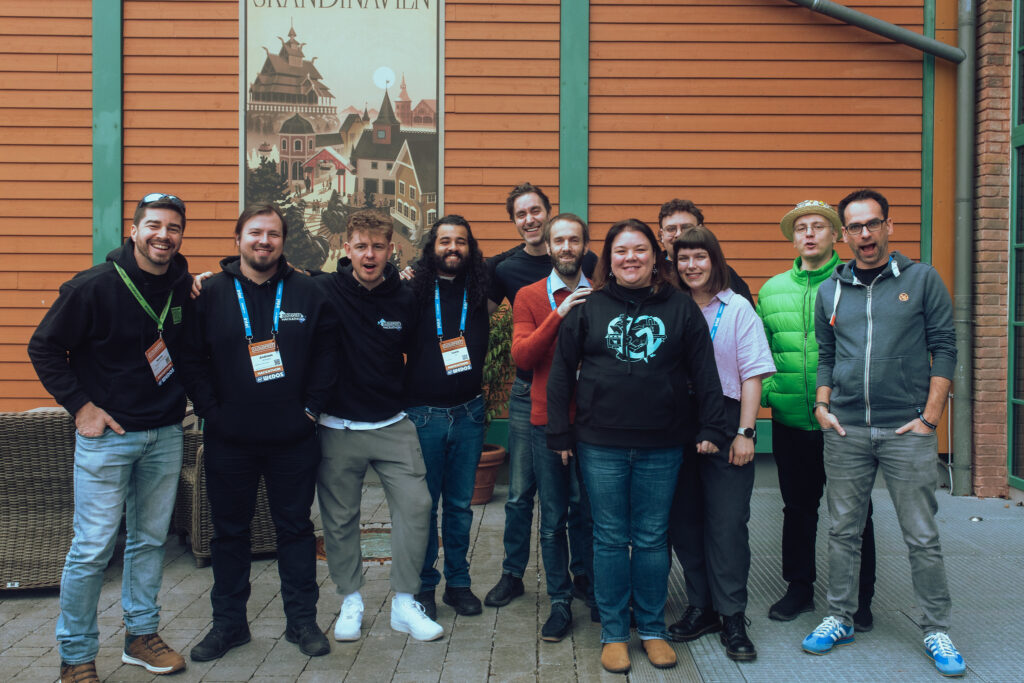
The Securing the Supply Chain for OSS team addressed the critical challenge of software supply chain security in open source ecosystems, particularly in light of new regulatory requirements like the EU Cyber Resilience Act. The team recognized that many open-source projects, especially in the CMS ecosystem, lack the tools and workflows to meet these requirements effectively.
After collaborative brainstorming, the team focused on creating a CMS-agnostic approach for implementing the Software Bill of Materials (SBOM), which provides transparency about the dependencies used in applications. They developed a lightweight PHP library called SBOMinator3000 that generates SBOMs through two approaches: collecting infrastructure-based dependencies information and performing static code analysis to identify library inclusions in code without package manager files.
The project delivered impressive results with nine repositories grouped in a GitHub organization, comprising over 150 files and 16,000 lines of code. They created integrations for WordPress (via Site Health module and WP-CLI), TYPO3 (admin extension), and Laravel (Artisan command), demonstrating the solution’s versatility across CMS platforms. Their compelling presentation earned them the Pitch Perfect Award alongside the CMS Freedom project.
The impact of this tool extends to multiple stakeholders, including site owners, compliance officers, web hosts, agencies, and software maintainers, providing a solid foundation for a more secure software supply chain.
Team Leads: Néstor Angulo de Ugarte and John Blackbourn
Documentation: Documentation page
GitHub: Link to repository
Packagist: Link to repository
CF Hackathon project page: Link to project page
CMS Freedom
🏆 Pitch Perfect Award 🏆
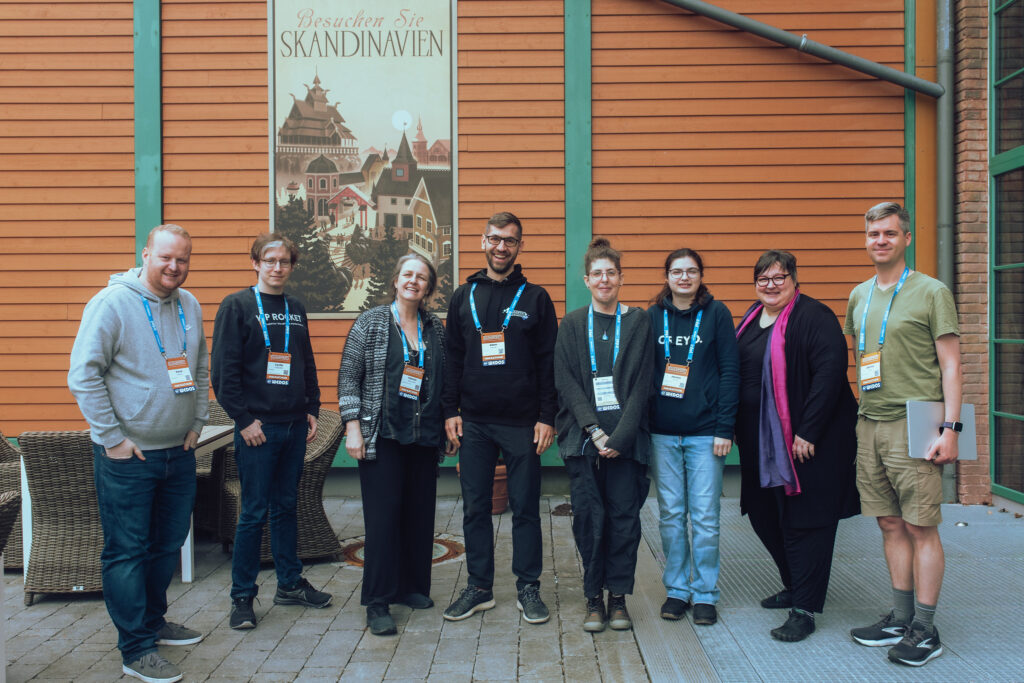
The CMS Freedom team developed a solution for website content migration when original access is lost. Their innovative approach enables users to recover sites from Archive.org or proprietary platforms through a Chromium extension.
The eight-person team leveraged Large Language Models (LLMs) and WordPress Playground to effectively import and distinguish between content and design elements. Team members Dennis and Adam crafted complex LLM prompts that formed the core of the solution’s intelligence.
While the current version focuses on content retrieval, the team plans to expand functionality with export features for various content management systems, furthering its mission of enabling freedom of choice across platforms. Their compelling presentation earned them the Pitch Perfect Award alongside the Secure The Supply Chain for OSS project.
Team Leads: Patricia Brun Torre and Dennis Snell
Website: Link to project website
GitHub: Link to repository
CF Hackathon project page: Link to project page
CMS Health Checks
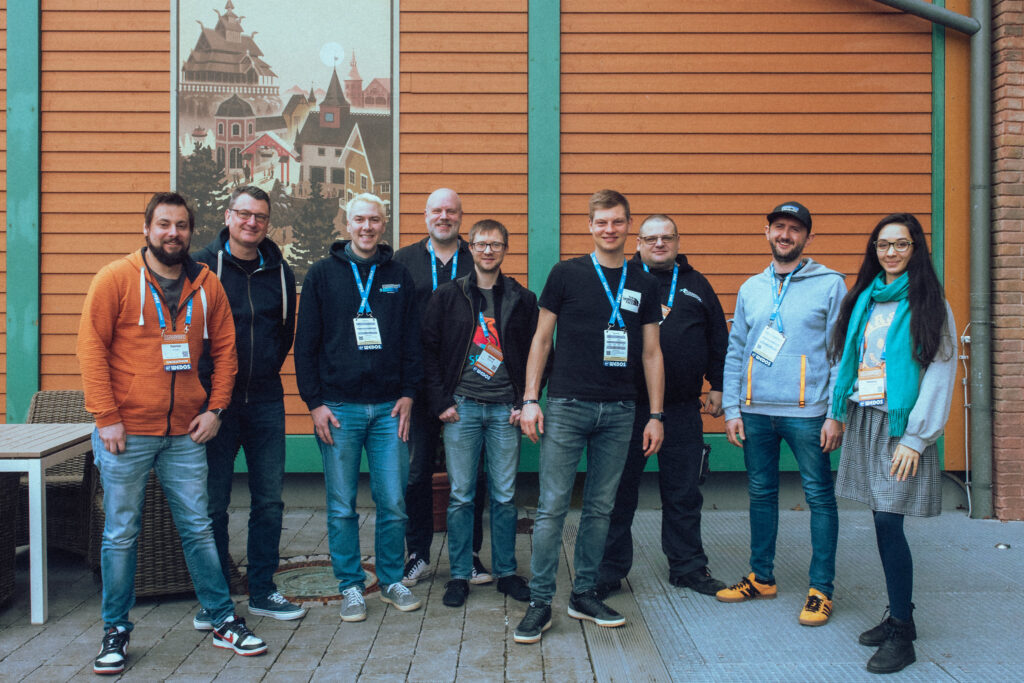
The CMS Health Checks team developed a standardized approach for monitoring website health beyond traditional uptime checks. Building on previous work, they refined the health-check standard (RFC) to address critical challenges that websites face, including security problems, malfunctioning services, and escalating costs due to undetected issues.
Key achievements included enhancing the standard with secure HTTPS-only requests, JWT Bearer Token authentication, and support for non-HTTP requests; improving the reference implementation as well as creating ready-to-use integrations for TYPO3, WordPress, Sulu, and Drupal. Additionally, a generic PHP integration allows basically every PHP project to adopt the standard. Further achievements have been the development of a monitoring tool with better visualization capabilities and the creation of a dedicated project website with live demonstrations and documentation.
The diverse team—comprising backend and frontend developers, design and marketing specialists, and CMS community experts—leveraged a tech stack that included PHP, Apache, JavaScript, Nuxt.js, and AI-assisted development tools. A particular breakthrough was their refined reference implementation, which enabled them to build a fully functional WordPress plugin in just two hours despite team members having no prior WordPress plugin development experience.
Moving forward, the project aims to expand adoption across CMS communities and hosting providers, offering a standardized solution that improves website reliability, security, and transparency across the web.
Team Lead: Oliver Bartsch
Website: Link to project website
GitHub: Link to repository
CF Hackathon project page: Link to project page
CMS Cloud Manager
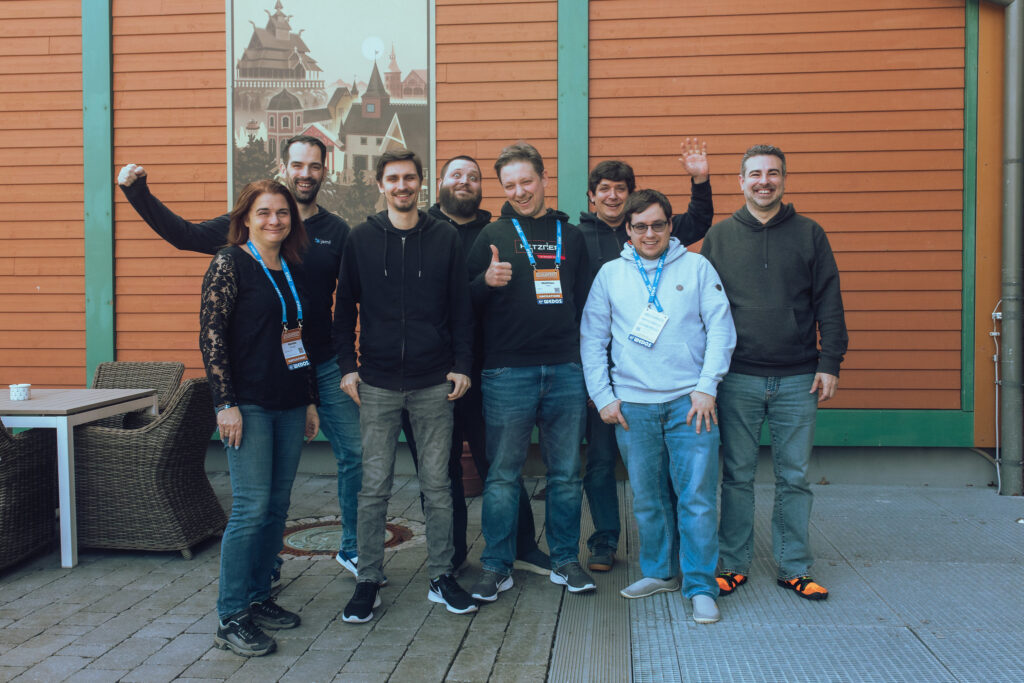
The CMS Cloud Manager team set out to create an open-source alternative to proprietary systems enabling users to deploy content management systems to cloud servers with minimal technical knowledge. Their solution allows users to select their preferred cloud provider and CMS, answer basic questions about their needs, and automatically provision and configure a suitable server following security best practices.
The eight-member team leveraged their collective expertise in development, systems, and infrastructure to build a comprehensive solution comprising three main components: a web-based control panel for gathering user input and generating YAML configuration files; a CLI tool that connects to cloud provider APIs and provisions machines; and an implementation system using Ansible playbooks to configure services and applications.
For flexibility and scalability, the team chose to containerize CMS deployments using Docker, facilitating volume management, cross-infrastructure migration, and simplified backup procedures. The project was developed with Python as the common backend system, with a focus on security by keeping sensitive data like API keys stored locally.
Within just six hours of beginning the project, the team had several components functioning independently; demonstrating remarkable efficiency. By the final day, they had successfully integrated all components into a cohesive system ready for presentation, creating an open-source solution that democratizes access to professional-grade CMS hosting.
Team Lead: Markus Kostrzewski and Javier Casares
Website: Link to project website
GitHub: Link to repository
Blog: Link to GitHub blog
CF Hackathon project page: Link to project page
AIccessiblity Content Updater
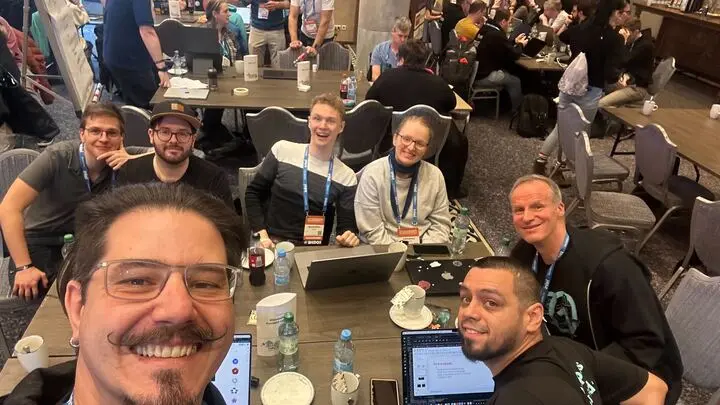
The AIccessibility team set out to create a proof-of-concept WordPress plugin that could automatically mitigate accessibility issues on websites by running background checks. Their initial plan focused on using AI to recognize text in images (common on e-commerce sites), identify missing “skip to content” links, and fix incorrectly formatted buttons by adding appropriate ARIA tags.
After consulting with accessibility experts at the hackathon, the team pivoted their approach to prioritize HTML5 tags over ARIA attributes whenever possible. They also shifted their “magic-wand” fix-everything concept to a more educational approach that highlights potential issues while teaching proper accessibility practices.
The team adapted to their technical strengths by developing a Linux command executable from PHP that provides machine-readable JSON output. Their image recognition system successfully extracted site context and matched it with machine vision results, adding a “relevancy” flag to determine whether to modify image alt tags or apply aria-hidden attributes based on a defined threshold.
Though the “Skip to Content” feature was only partially implemented due to challenges with whole-page screenshot processing, the team added an unplanned enhancement to WordPress’s media library that can generate alt tags for images based on website context. Despite remaining challenges with e-commerce and learning platforms, the project successfully demonstrated the feasibility of on-the-fly accessibility improvements, with team members committing to continue development in the coming months.
Team Leads: Nemanja Cimbaljevic and Anthony Ledesma
GitHub: Link to repository
CF Hackathon project page: Link to project page
Federated Community Events
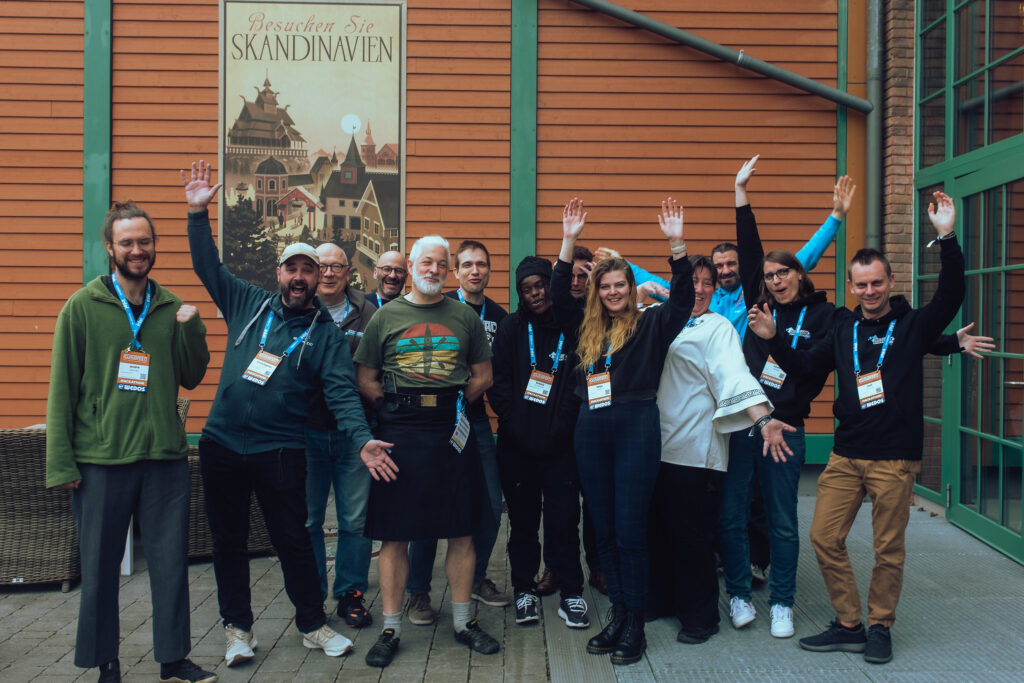
A diverse team of 16 participants explored the concept of federated community events, bringing together users of centralized event platforms, community organizers, and developers of decentralized solutions. Their initial challenge was aligning everyone’s understanding of “federation” and “community events” and how these concepts could be meaningfully integrated.
The team developed comprehensive user stories to identify requirements for a federated event system that could compete with centralized platforms in terms of usability while offering the benefits of decentralization. They analyzed existing solutions in the WordPress ecosystem, RdfPub, and Mobilizon, with the developers of these platforms participating directly in the team.
Their contributions included improved documentation, issue reporting in relevant projects, contributions to the ActivityPub standard for event federation, and starter kits to simplify onboarding. The team also created user stories explaining the advantages of federated events for non-technical users and developed a Docker setup to facilitate experimentation and contribution to WordPress and Mobilizon-based projects.
Post-hackathon, work continues to enhance the starter kit and spread awareness about decentralized alternatives to mainstream event platforms, with potential future exploration of ActivityPub-based event federation in additional frameworks and content management systems.
Team Leads: Andreas Heigl and Matthias Pfefferle
Website: Link to project website
Codeberg: Link to repository
CF Hackathon project page: Link to project page
WordPress Staging Environment Manager
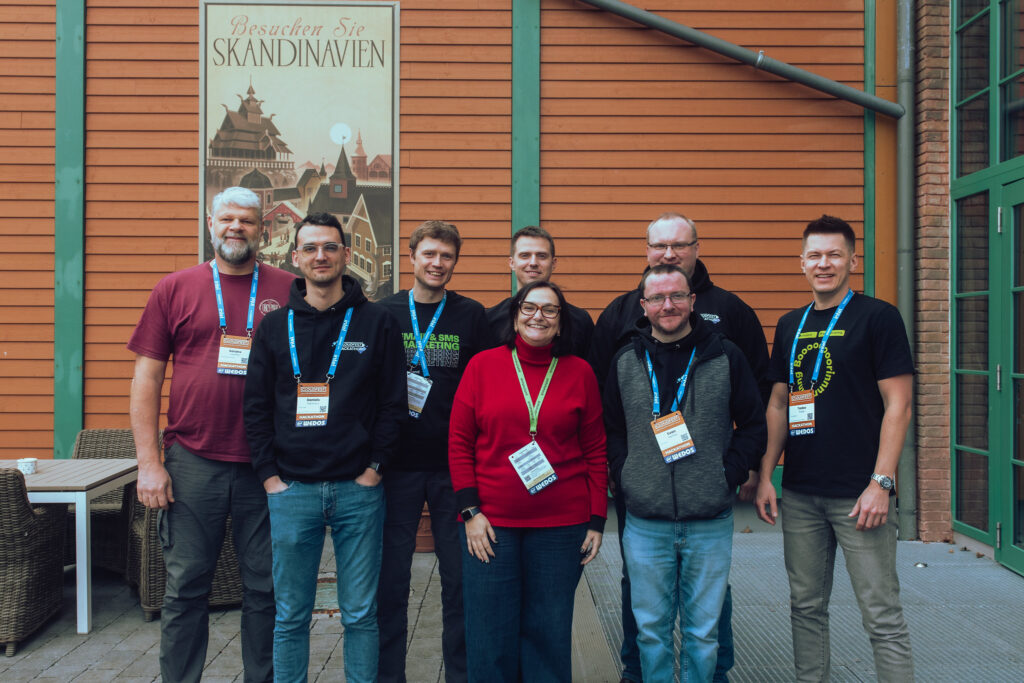
A team from Italy, Spain, the US, Latvia, and Lithuania developed Staging2Live, an open-source WordPress Staging Environment Manager. The eight-person team combined technical expertise with strategic vision to create a seamless staging-to-production workflow that simplifies website management.
Despite challenges in aligning different coding approaches, the team established unified standards through collaborative decision-making. Their breakthrough came in streamlining the syncing process between staging and production environments, making it exceptionally user-friendly. The project leverages PHP, JavaScript, and WordPress APIs to deliver a robust solution.
Released as an open-source plugin, Staging2Live invites contributions from the global developer community as it continues to evolve with enhanced automation, security, and usability features.
Team Leads: Tadas Pukas and Paulius Lescinskas
Website: Link to project website
GitHub: Link to repository
CF Hackathon project page: Link to project page
